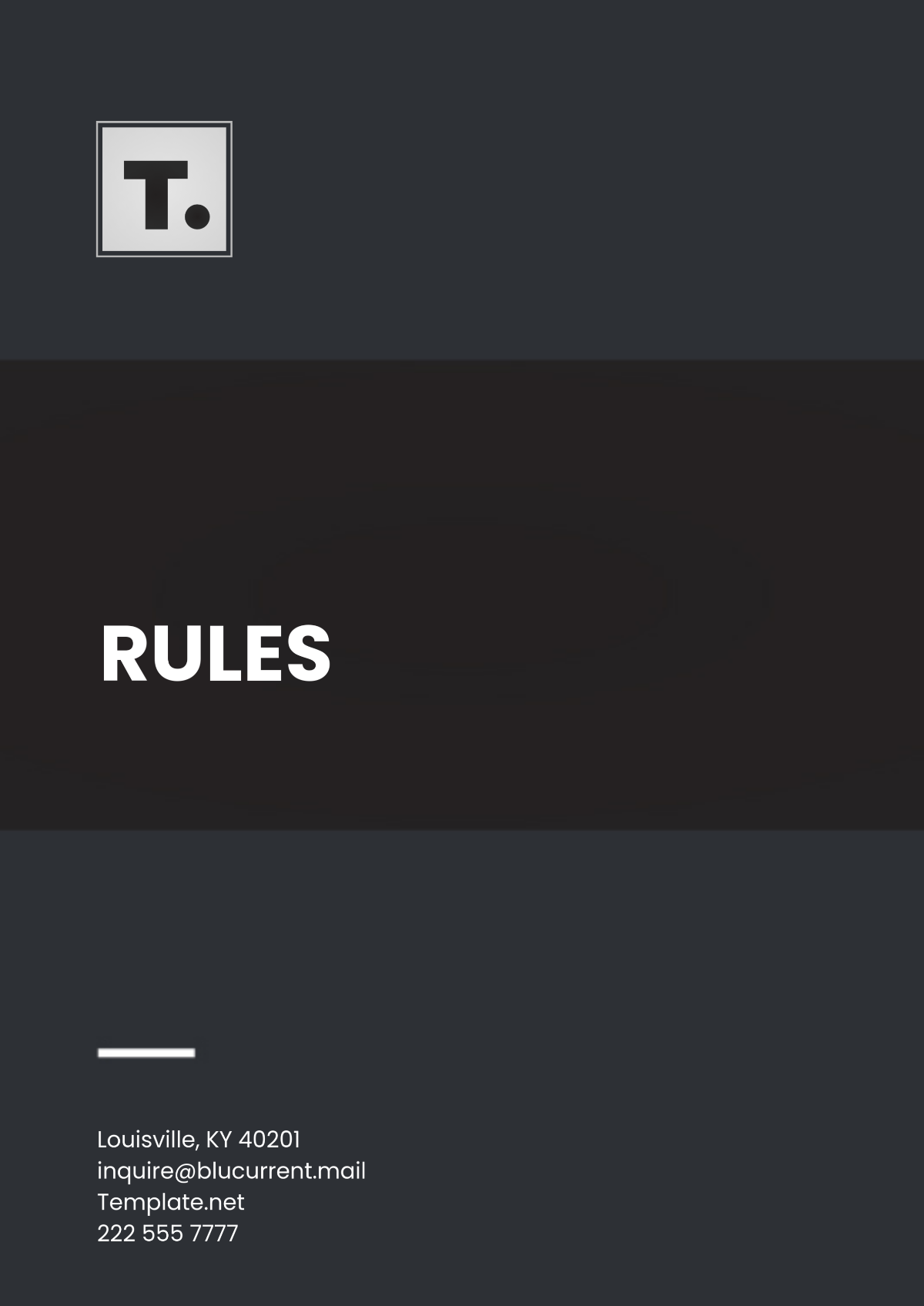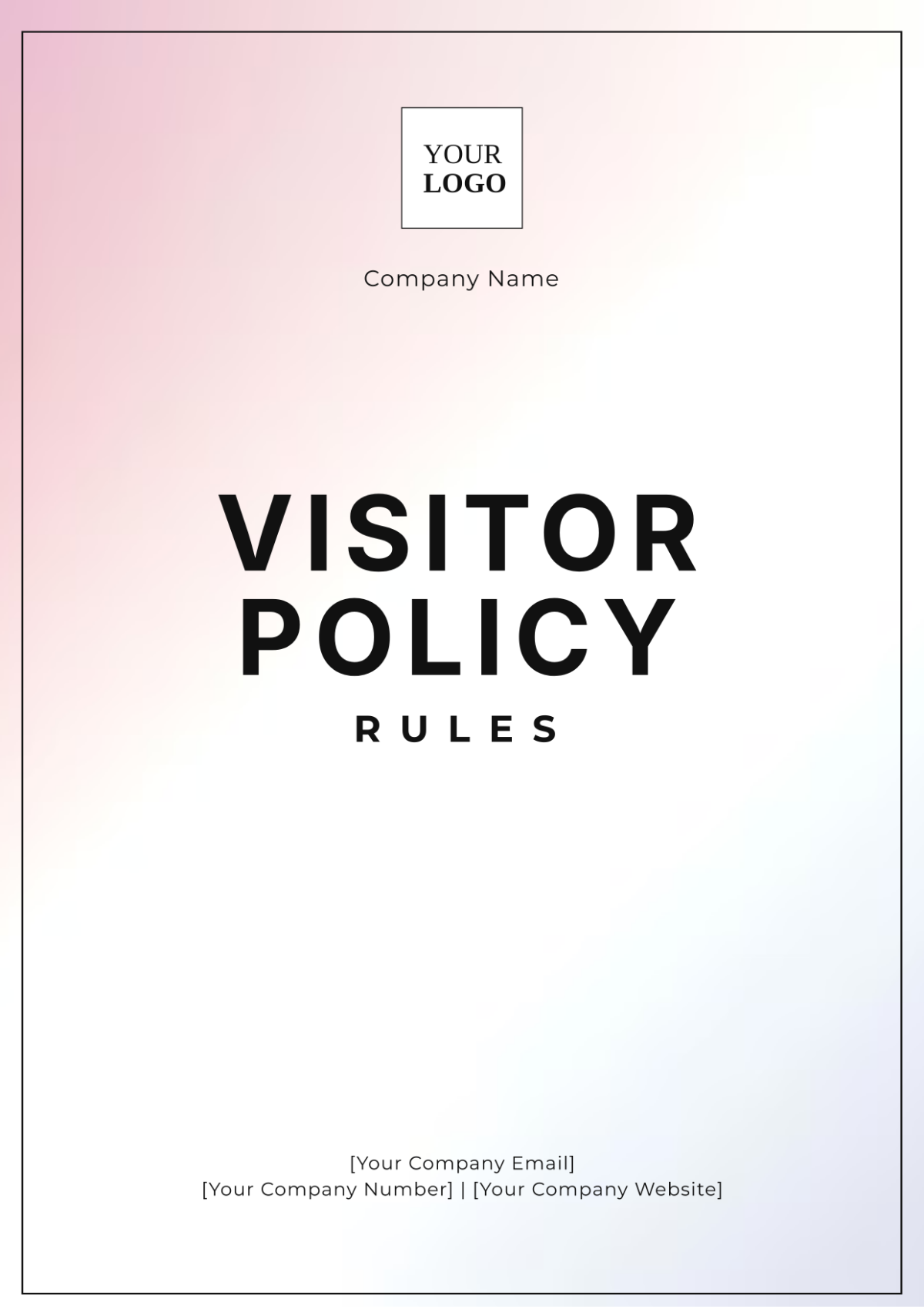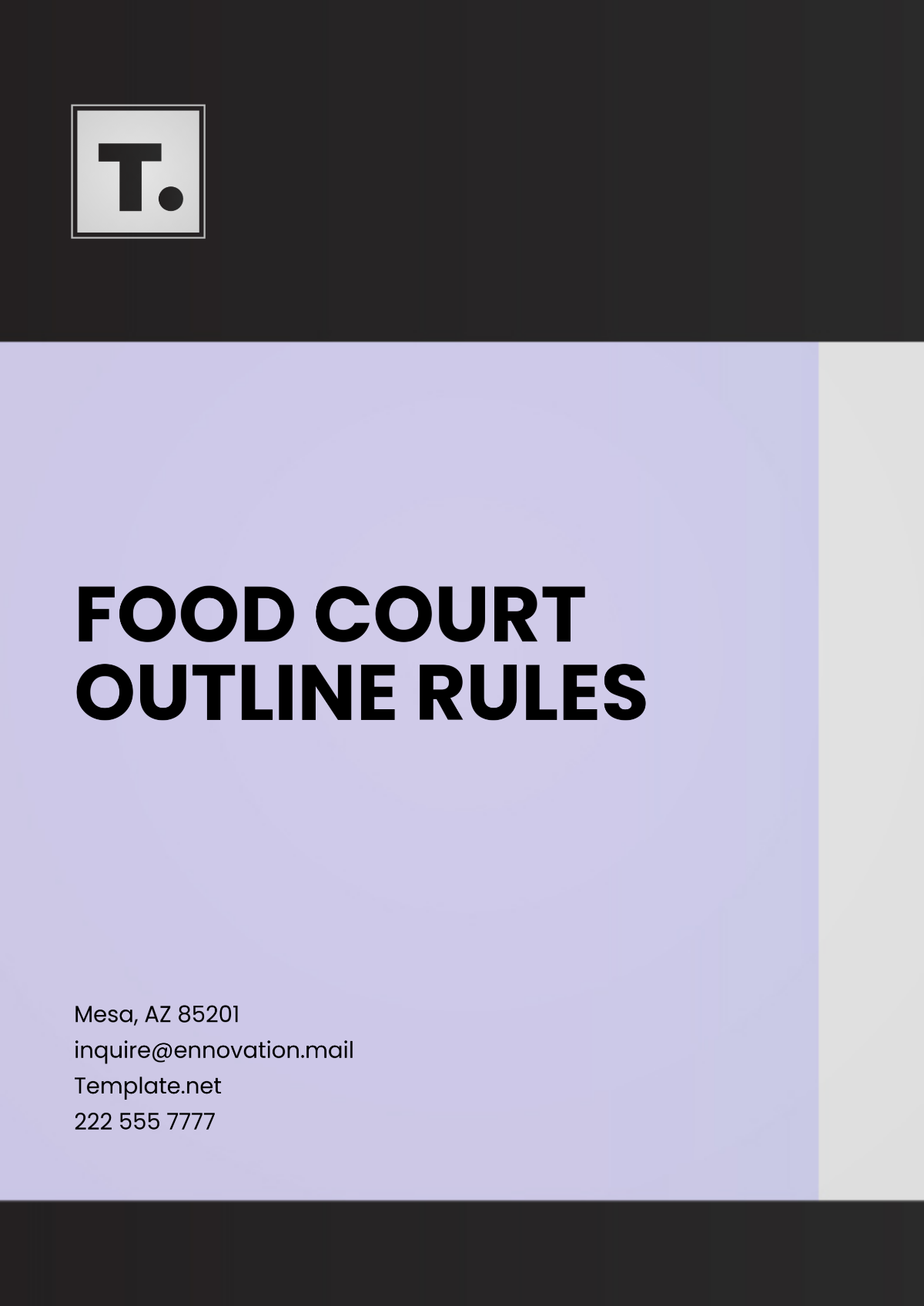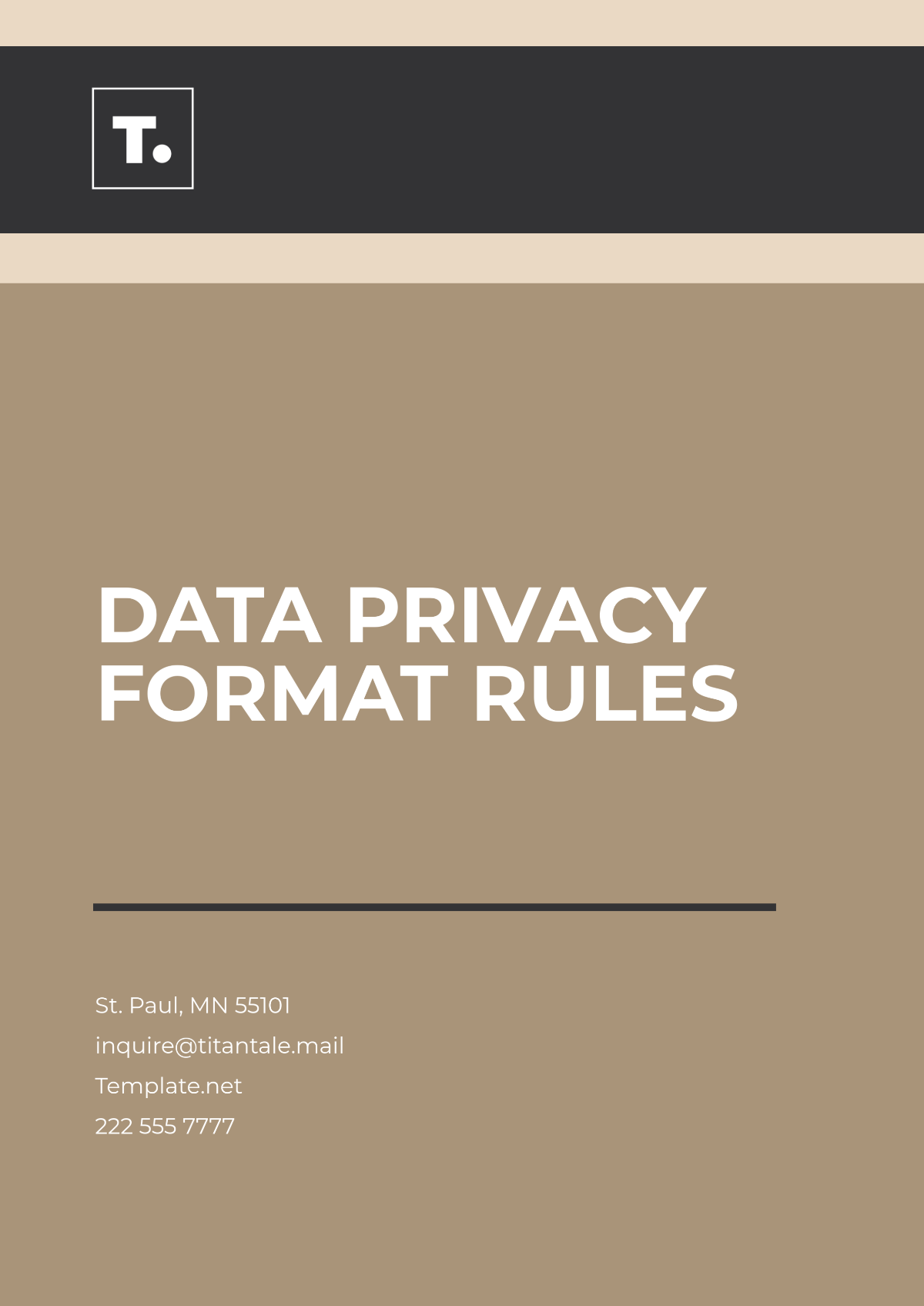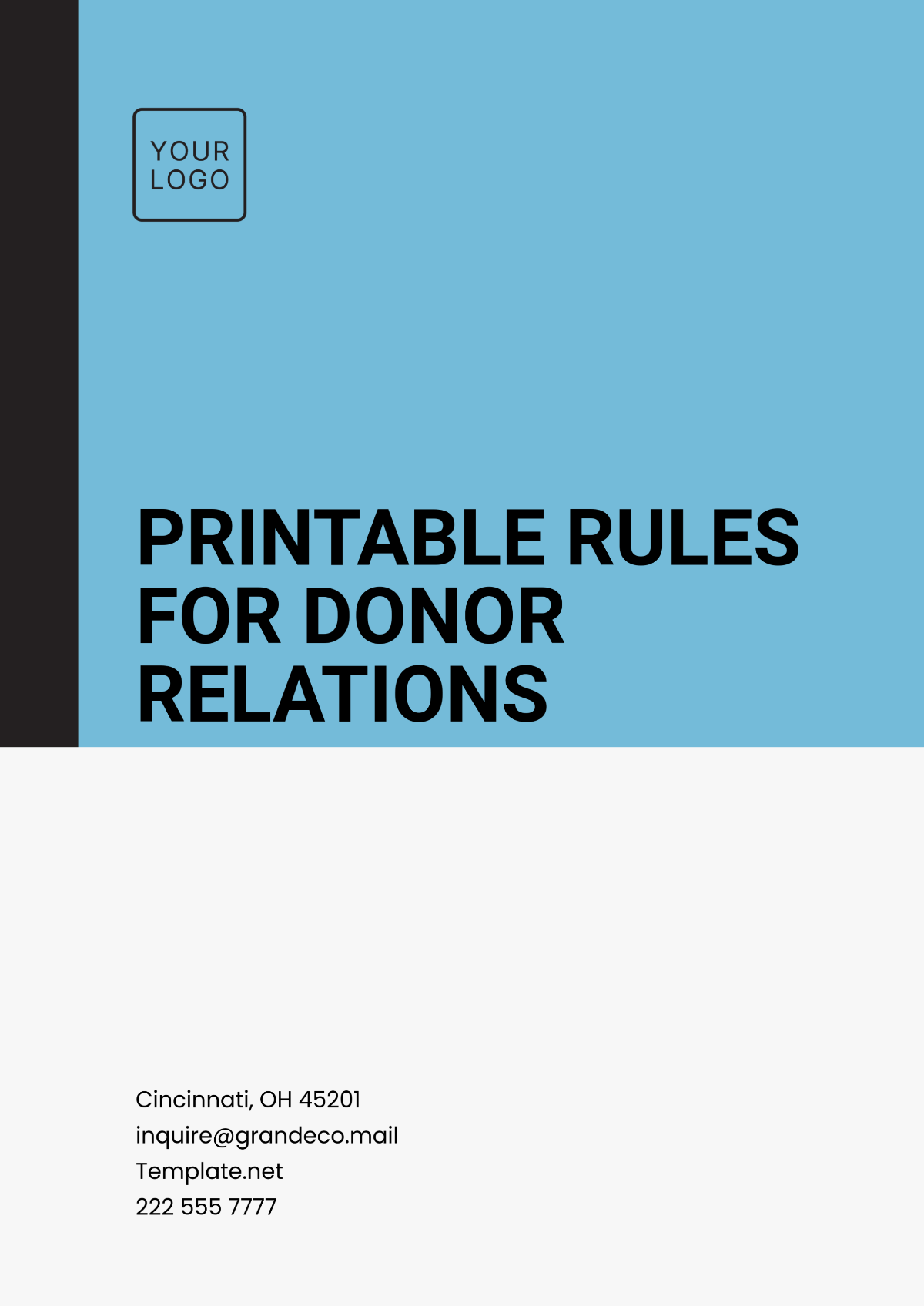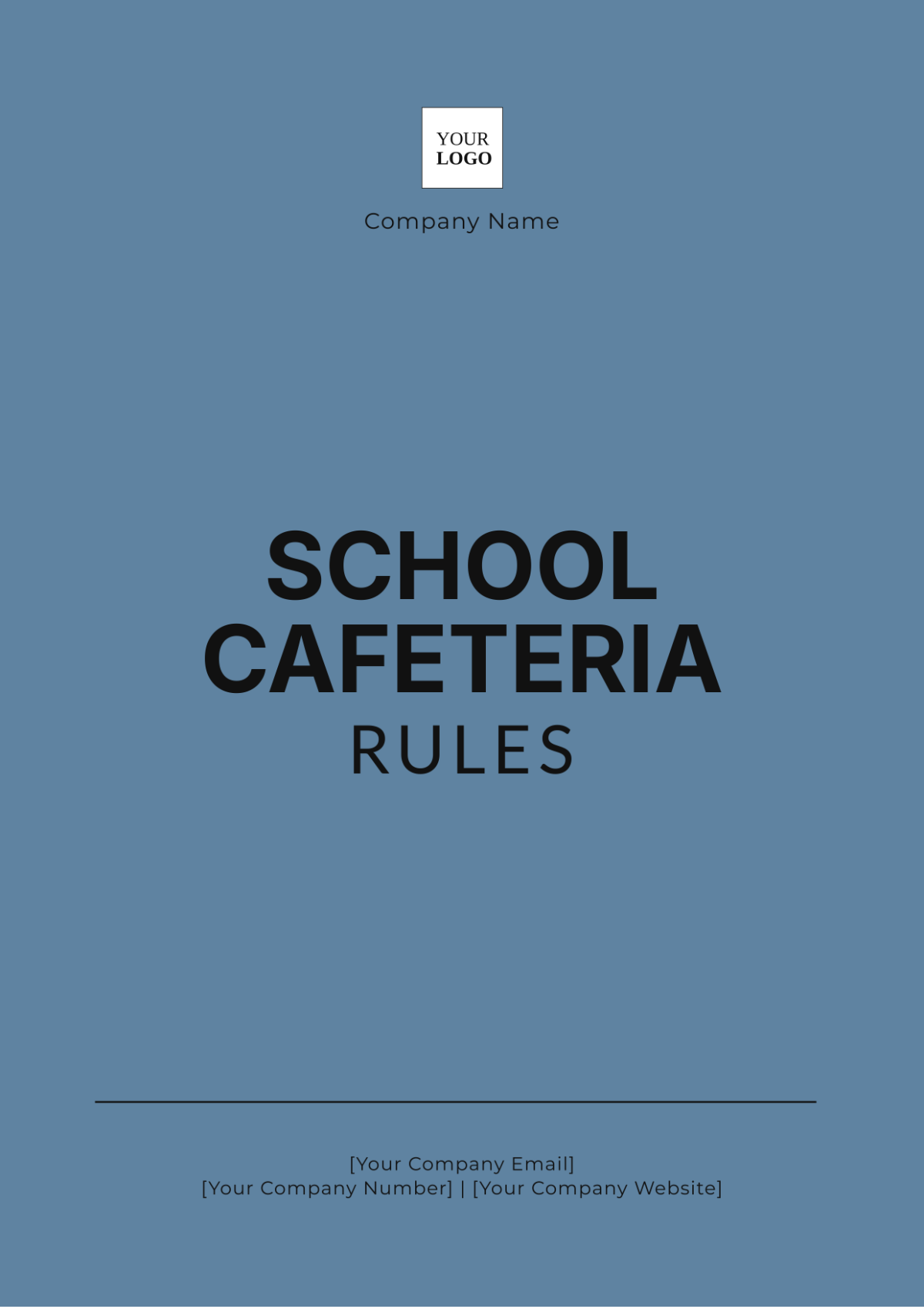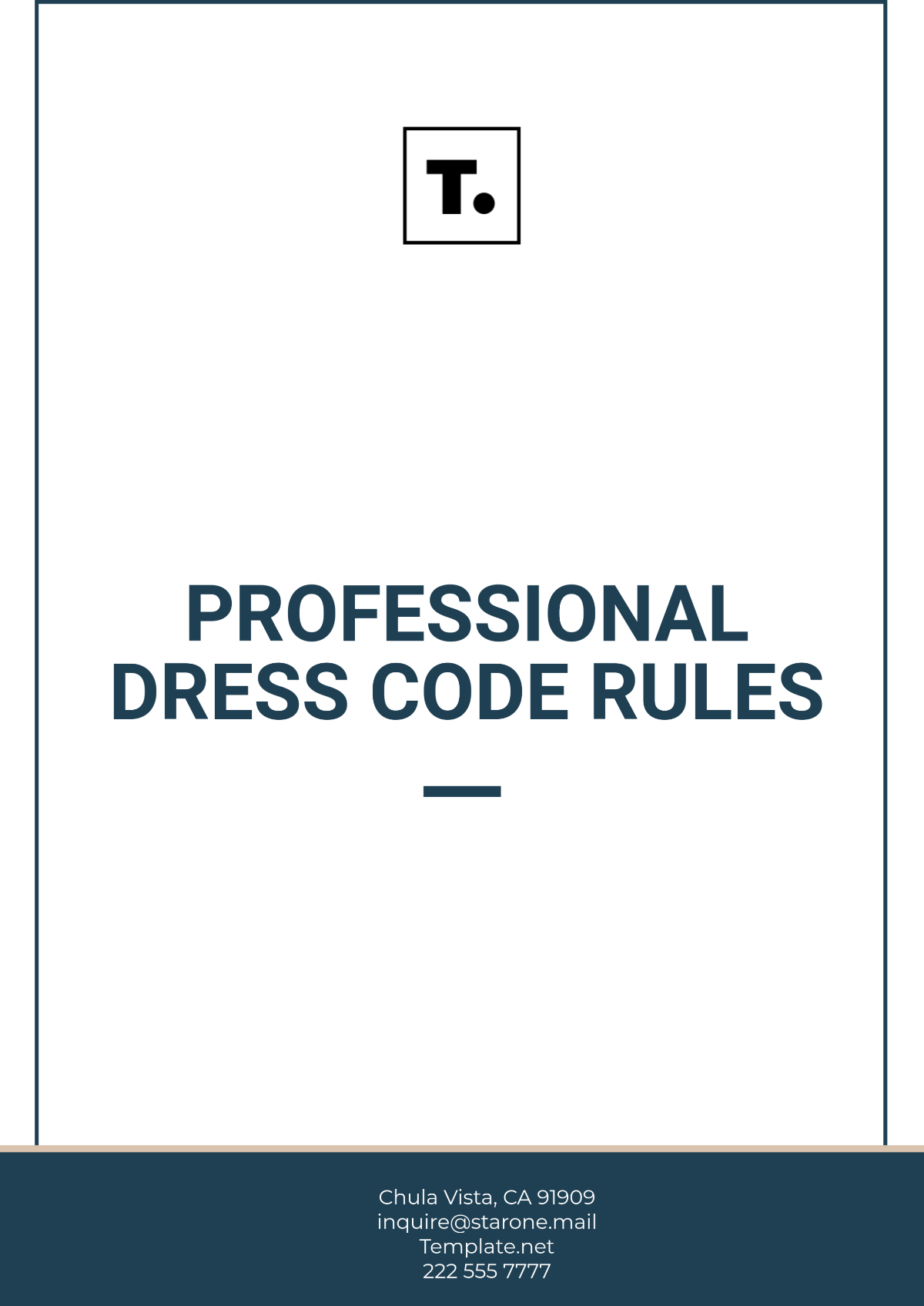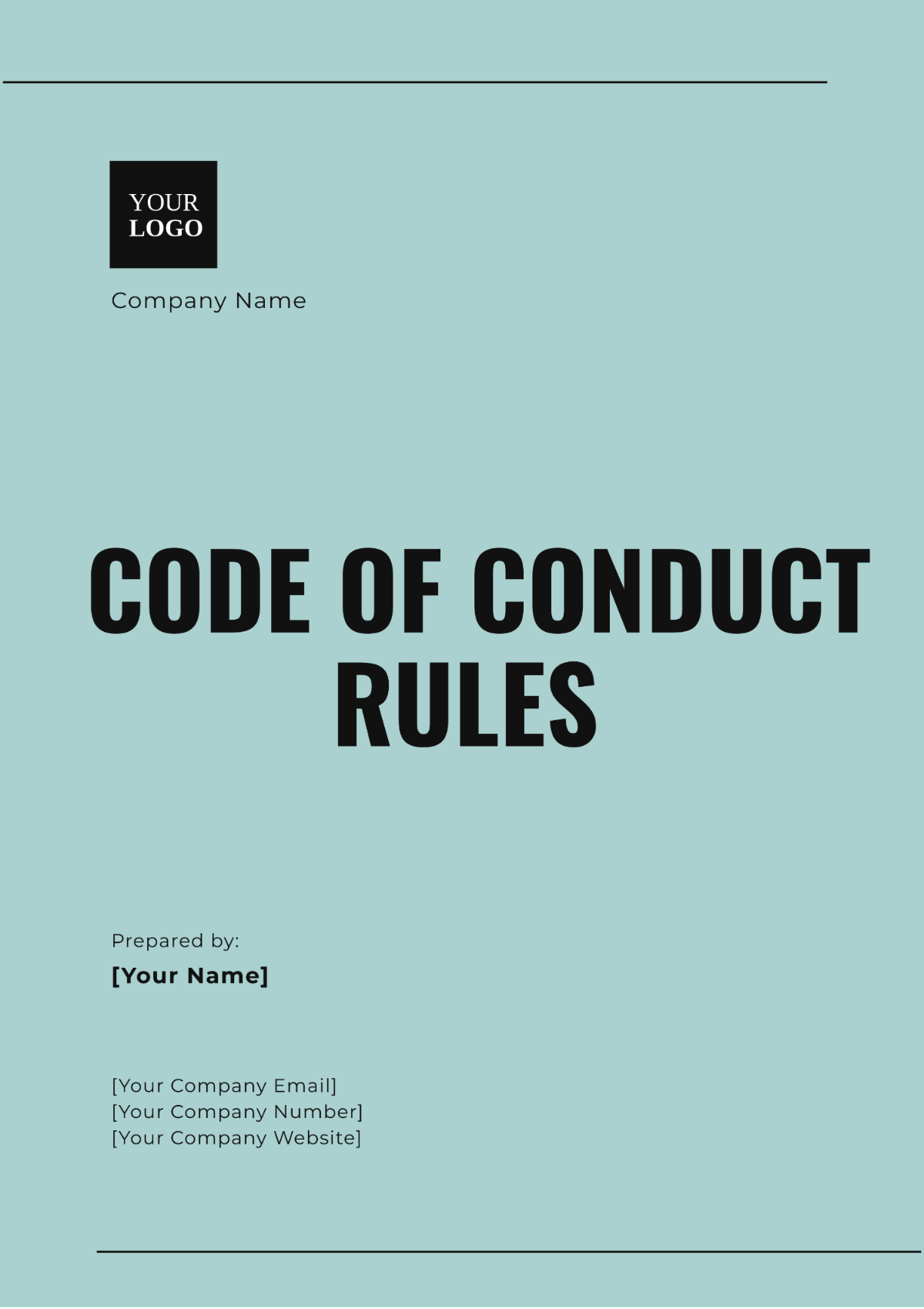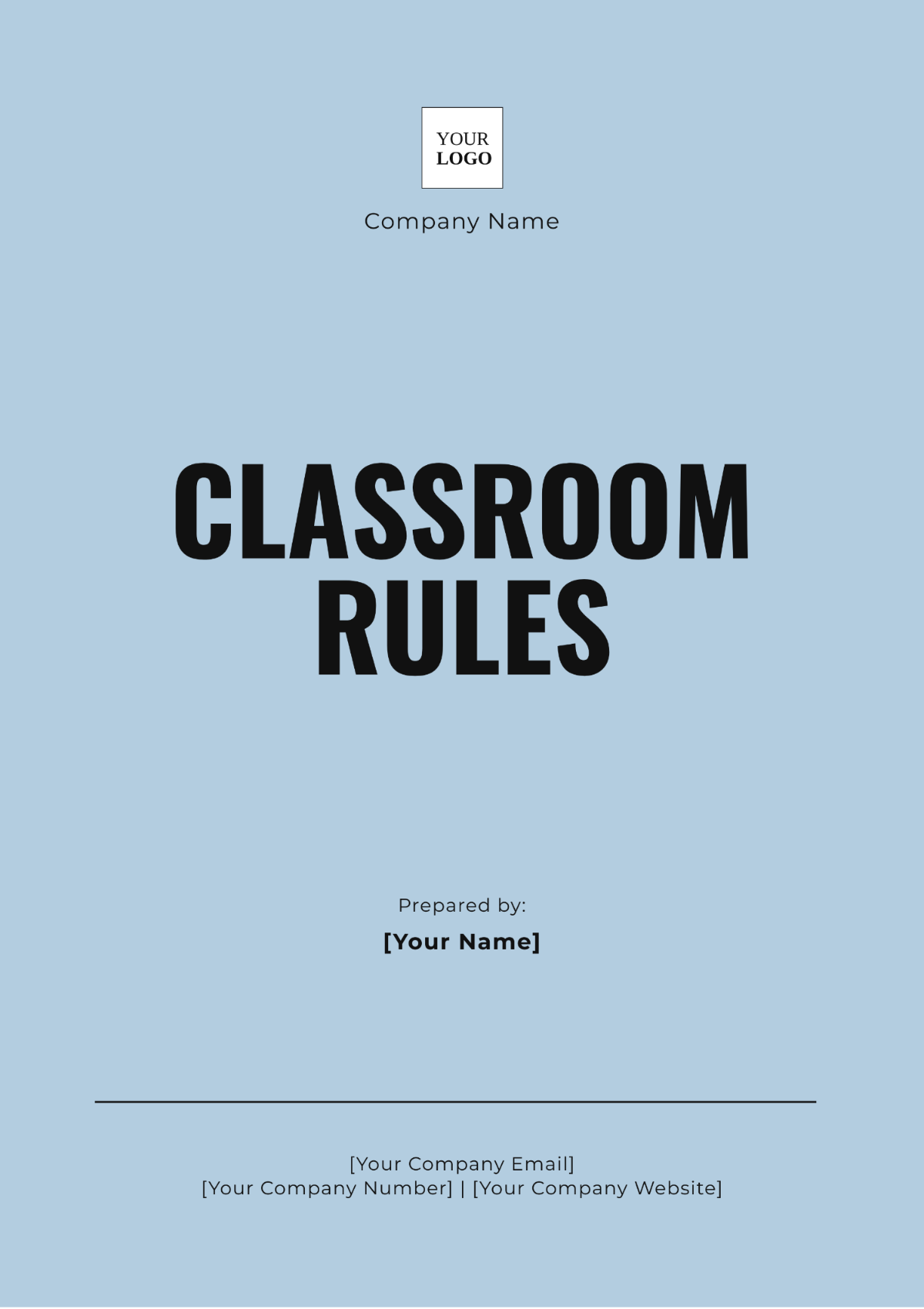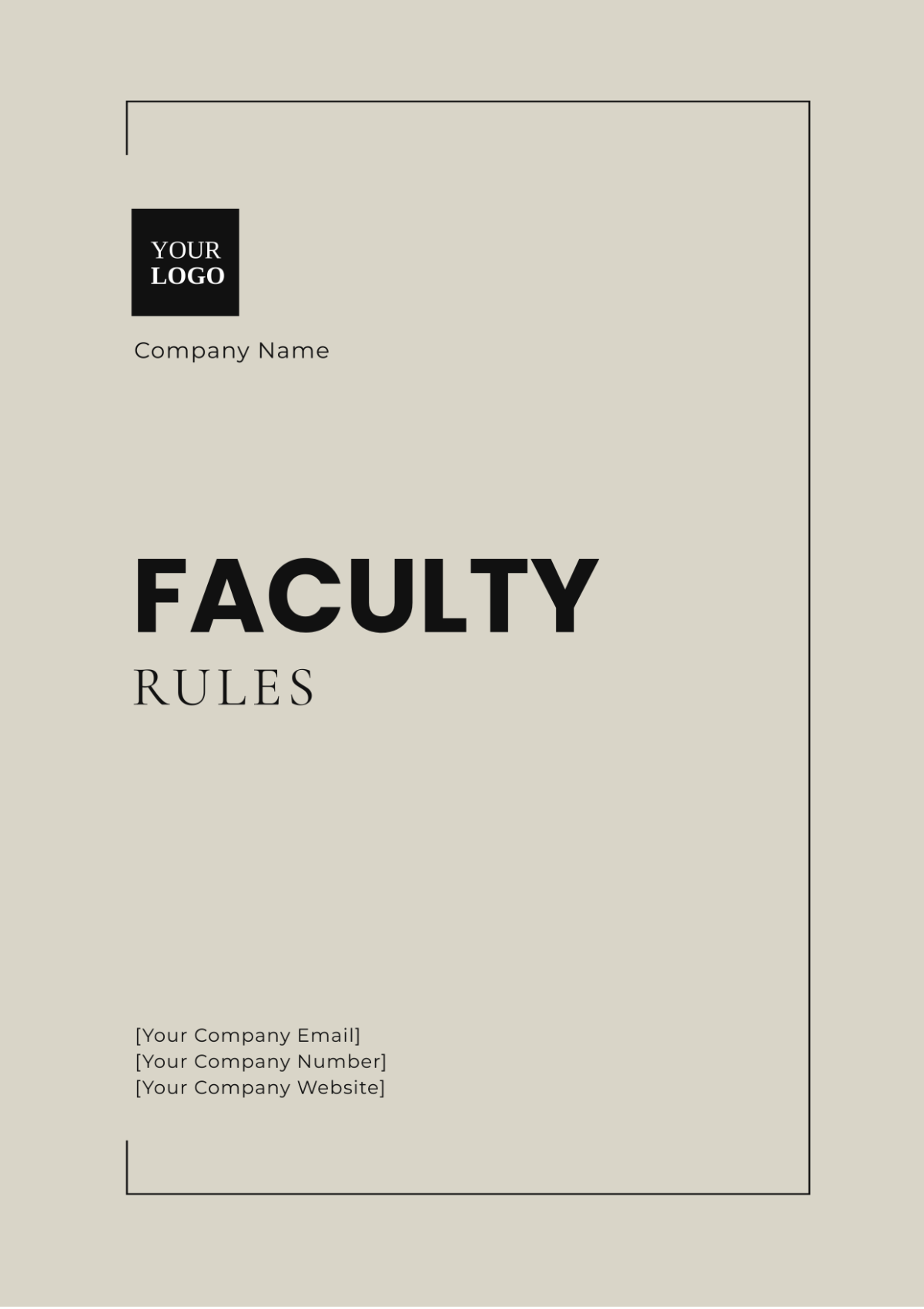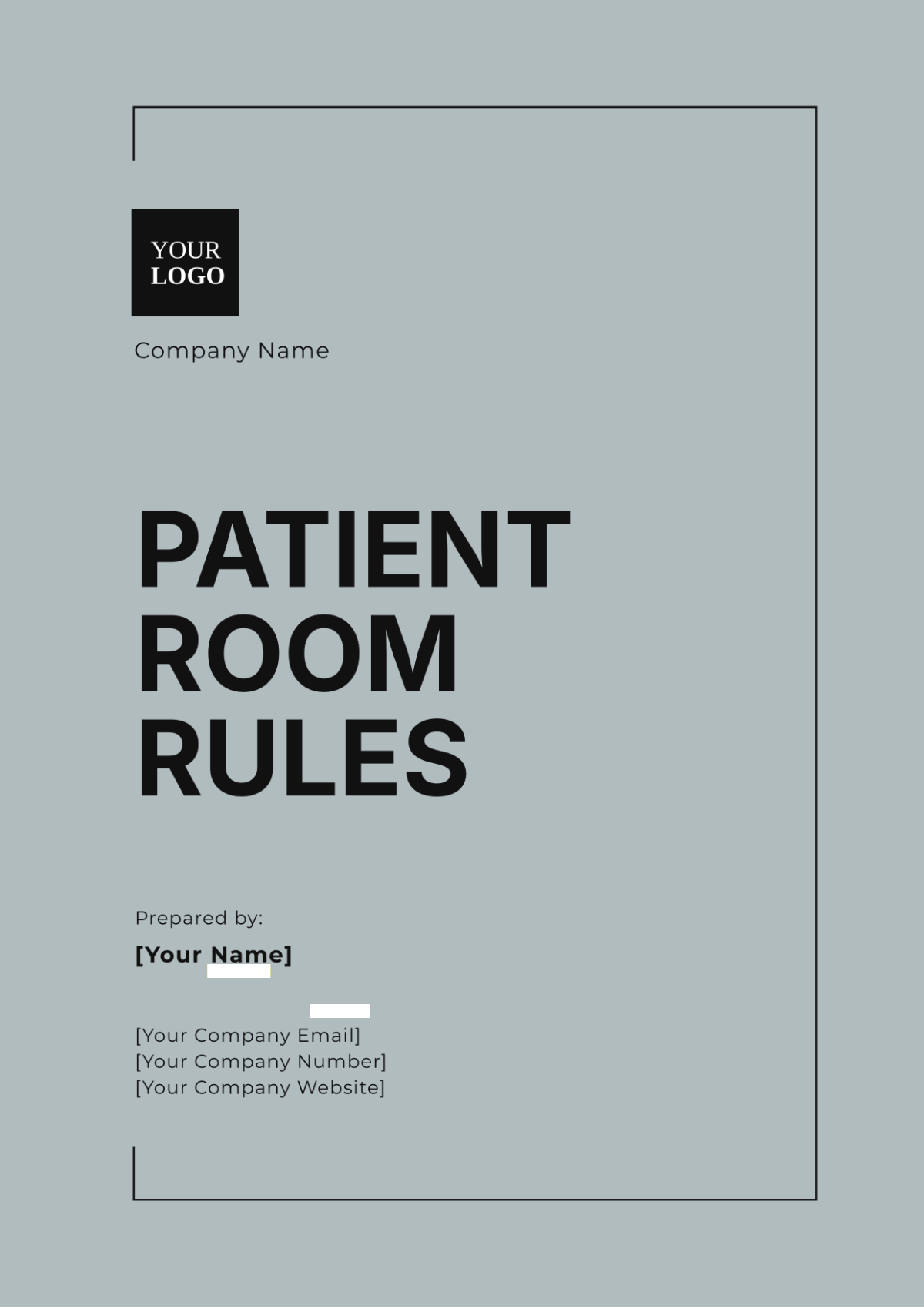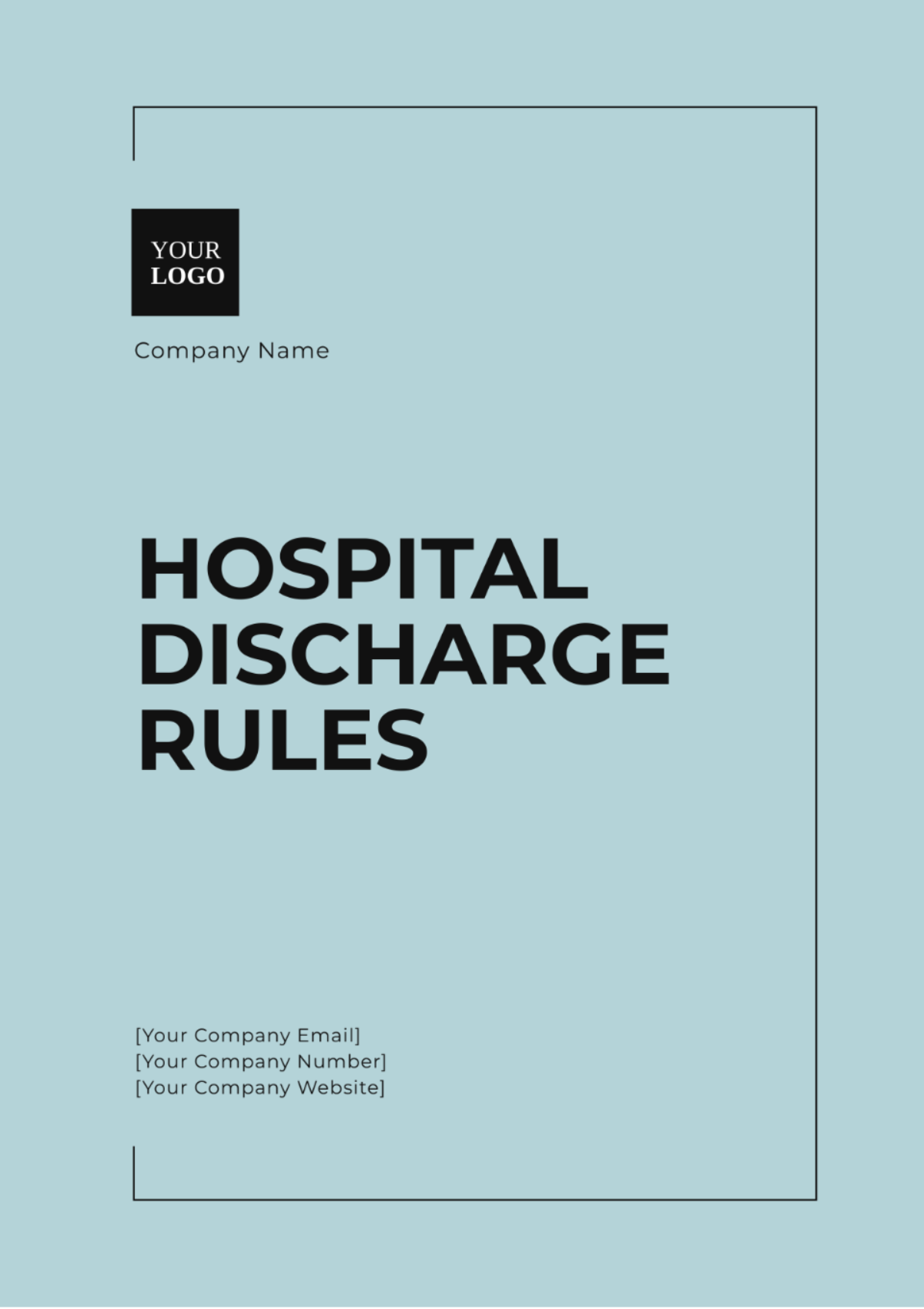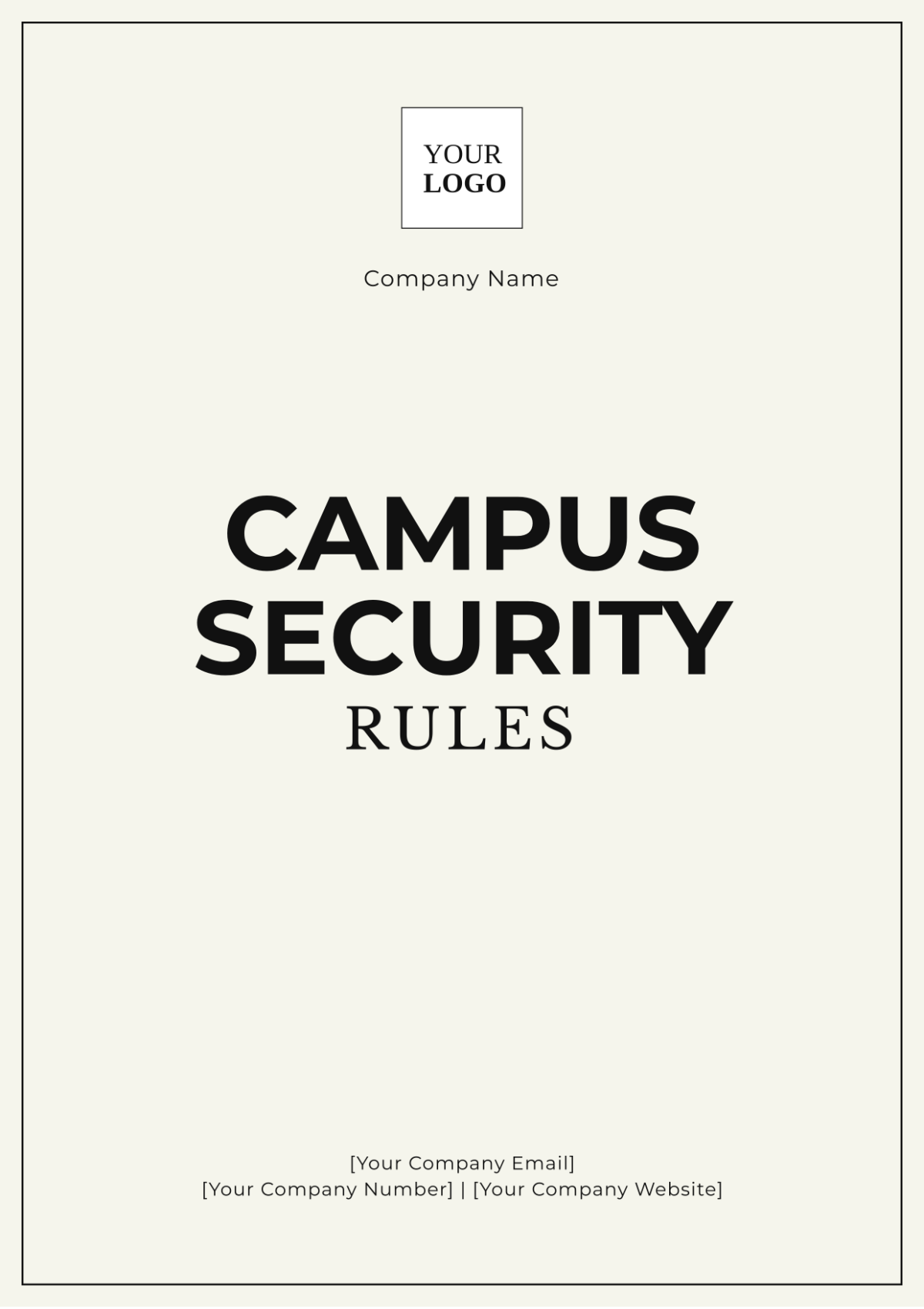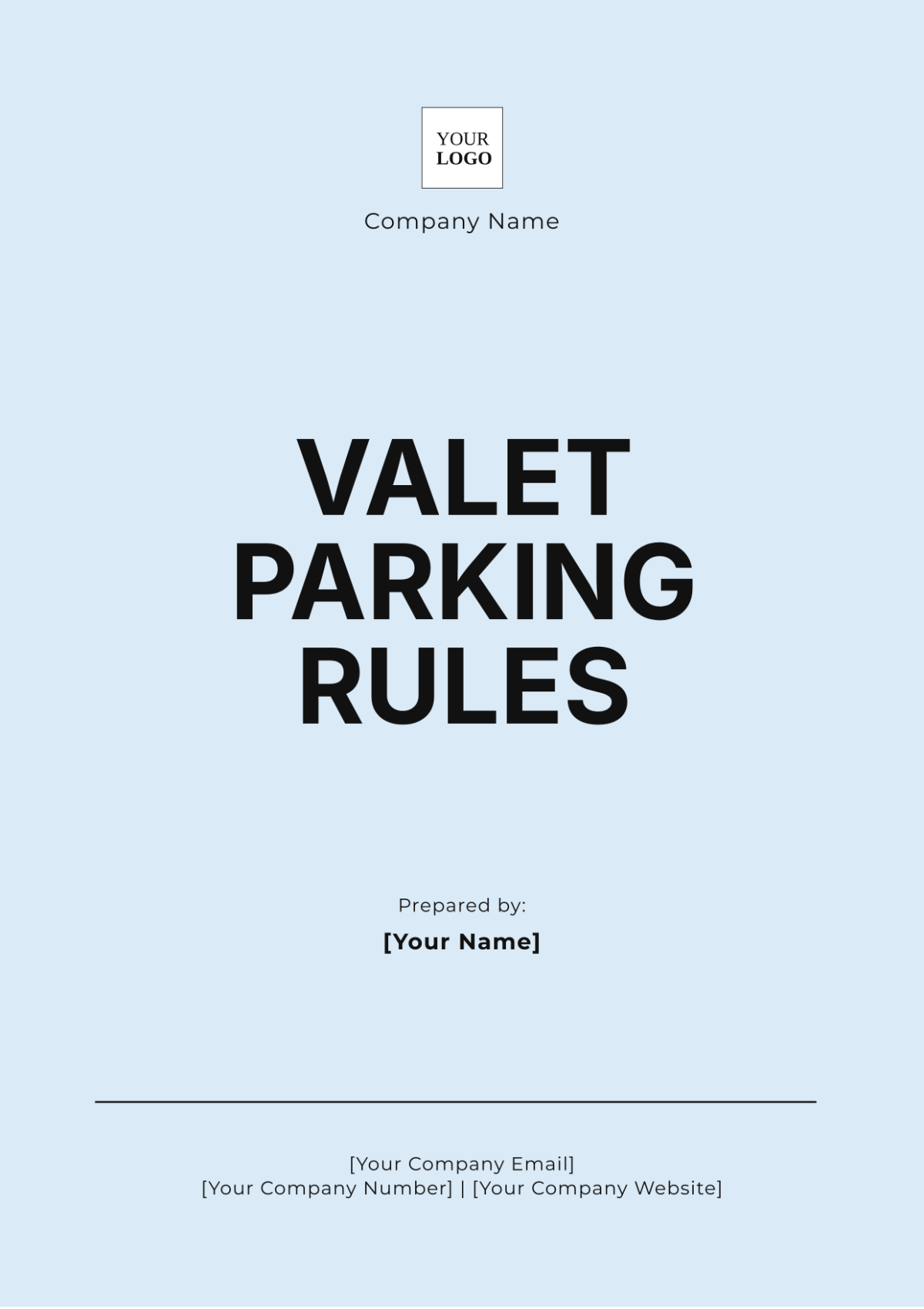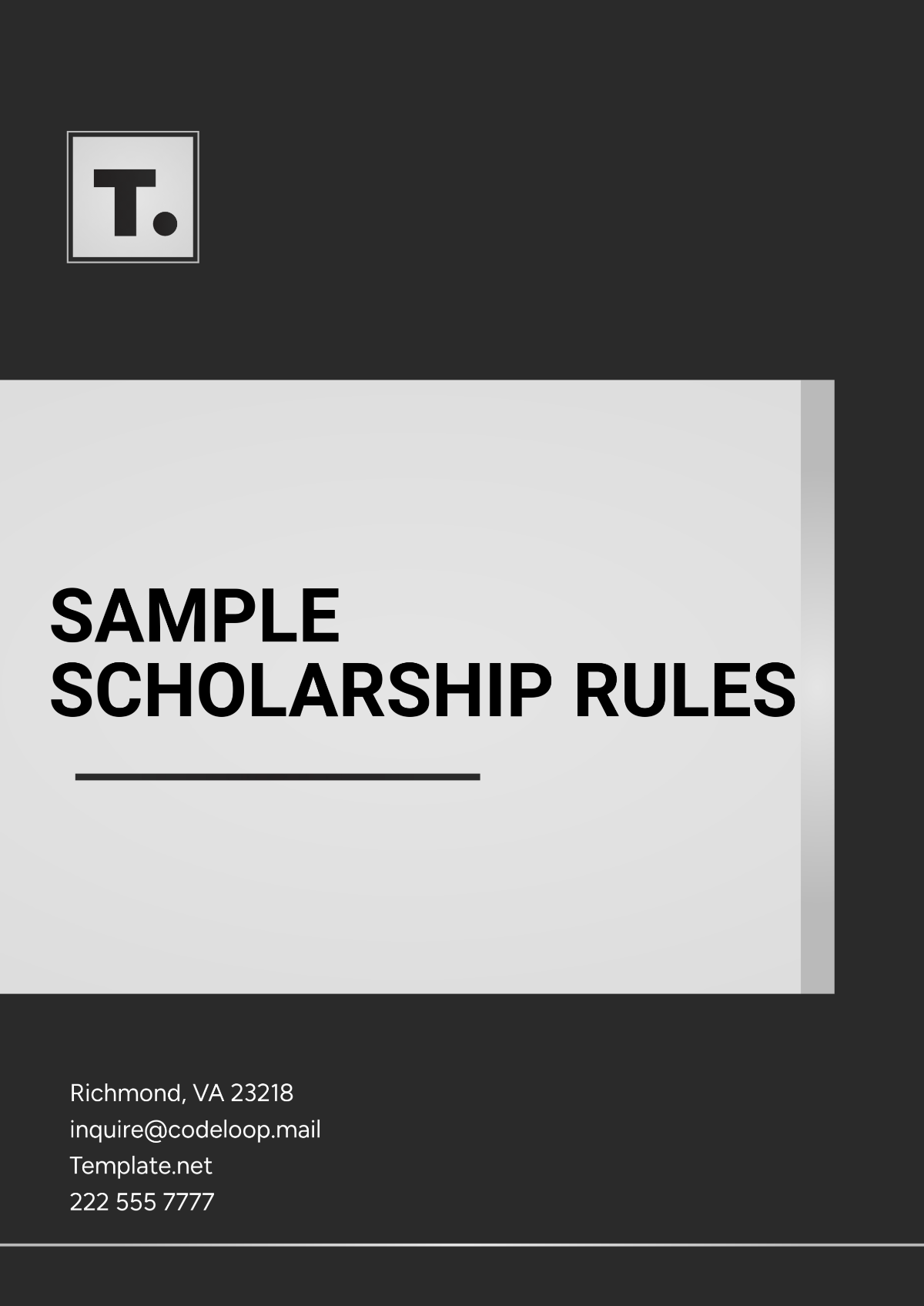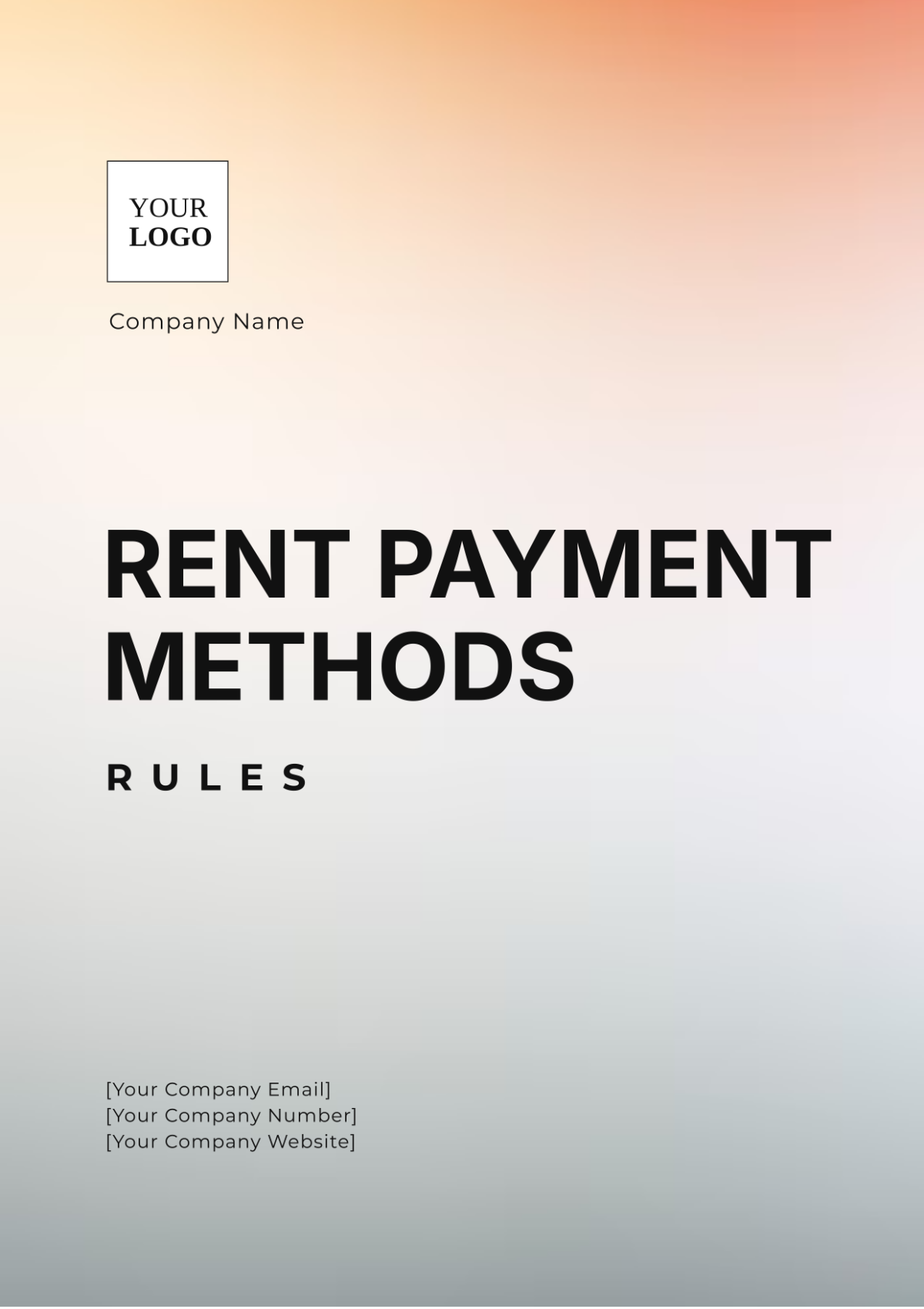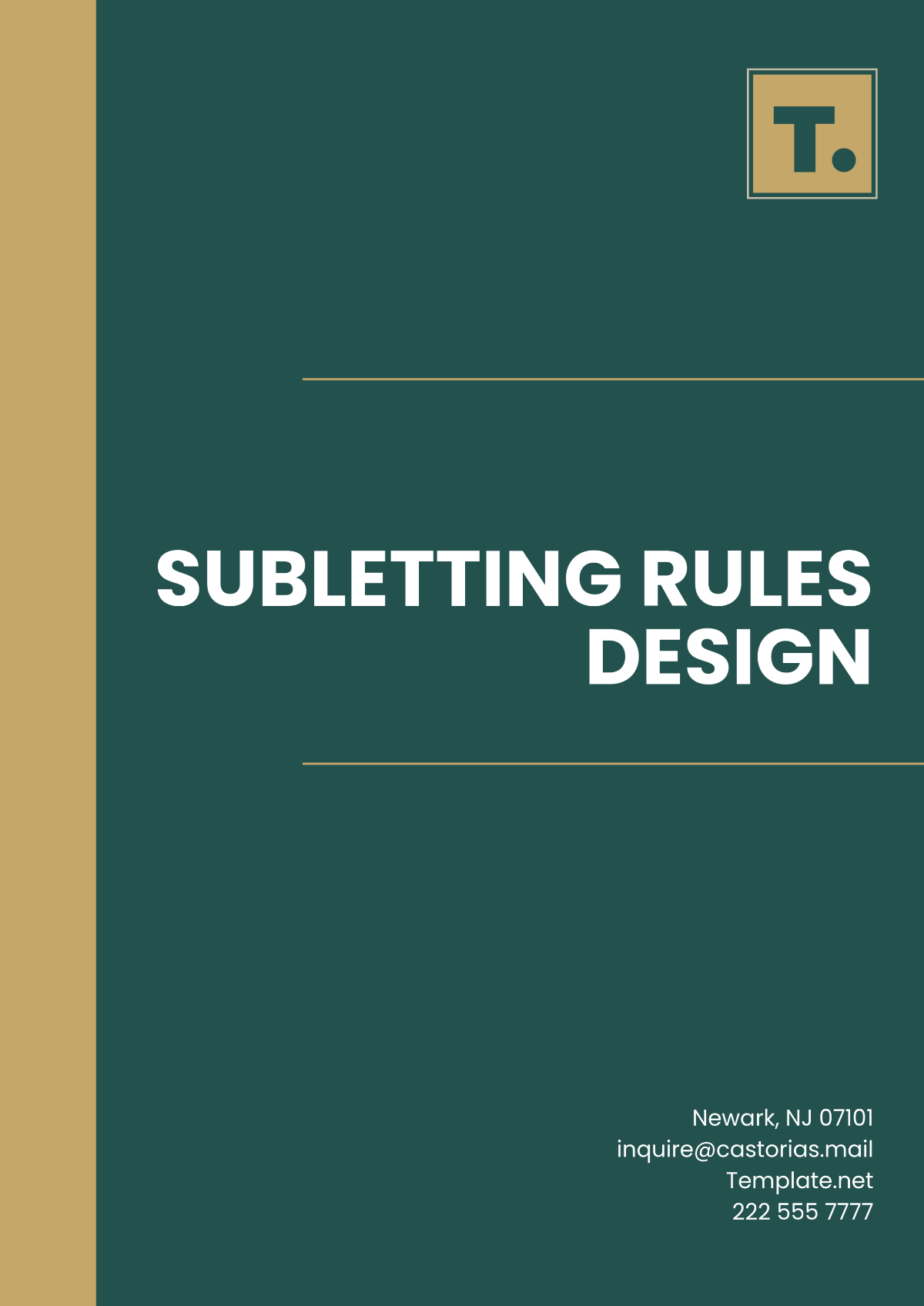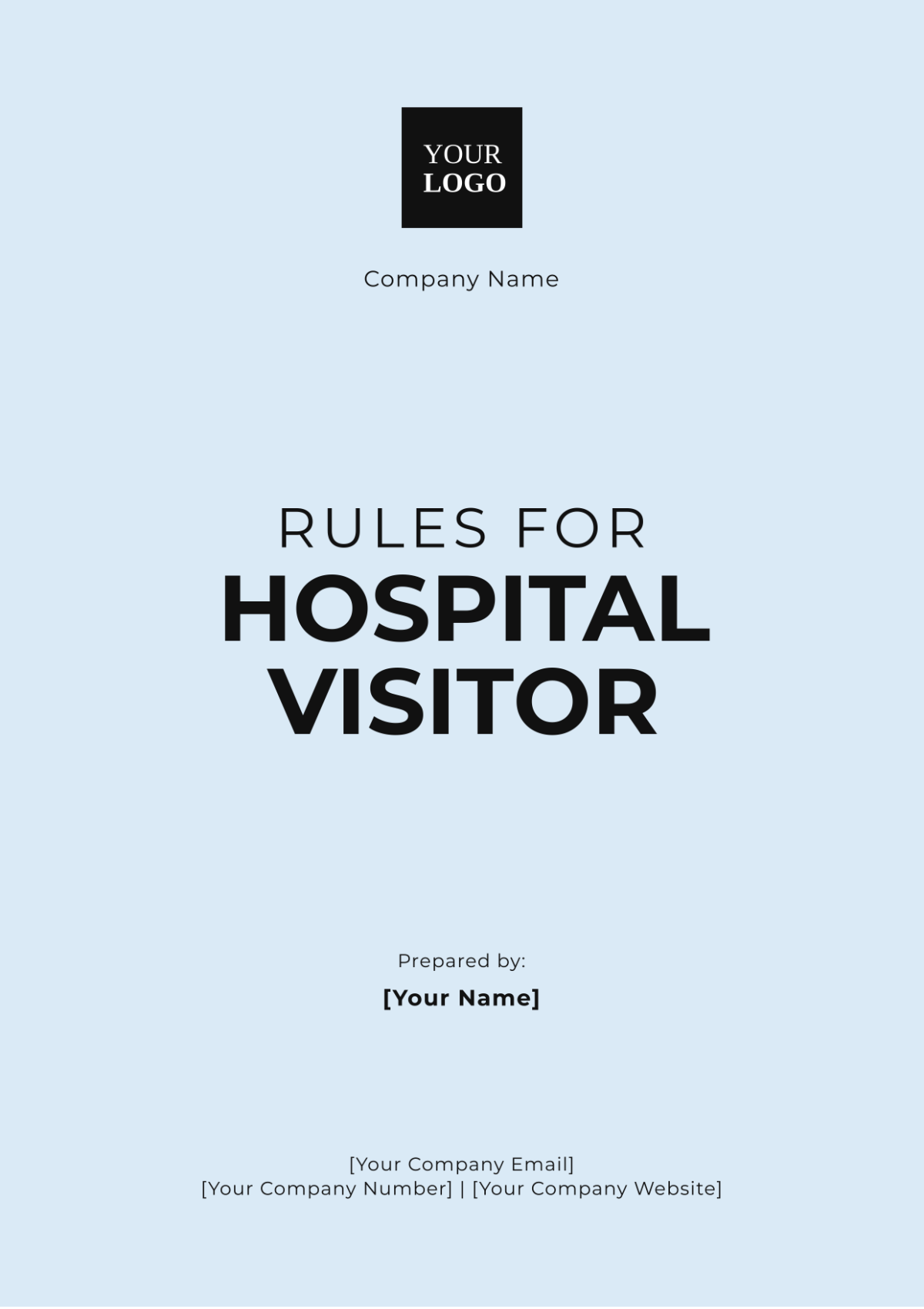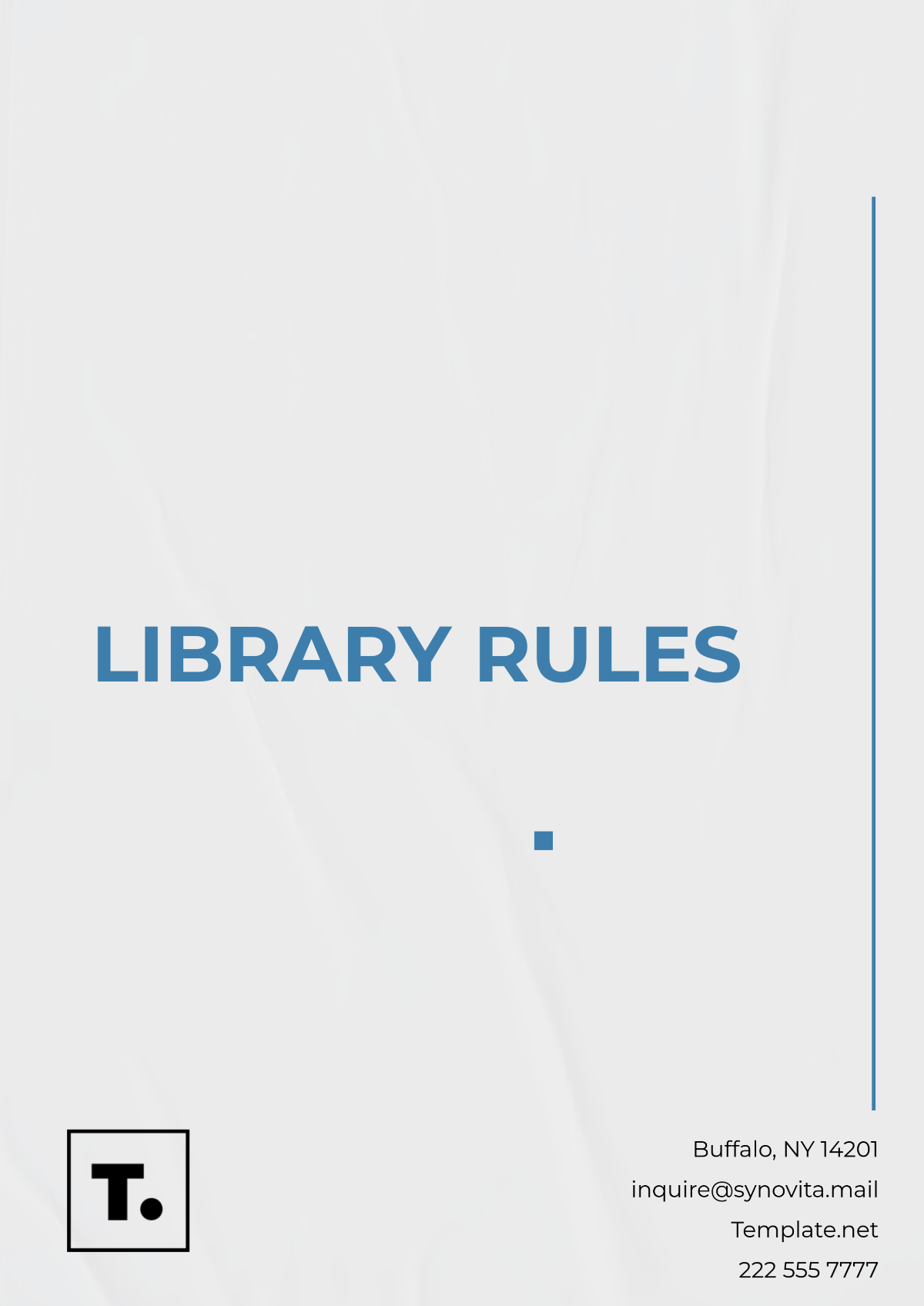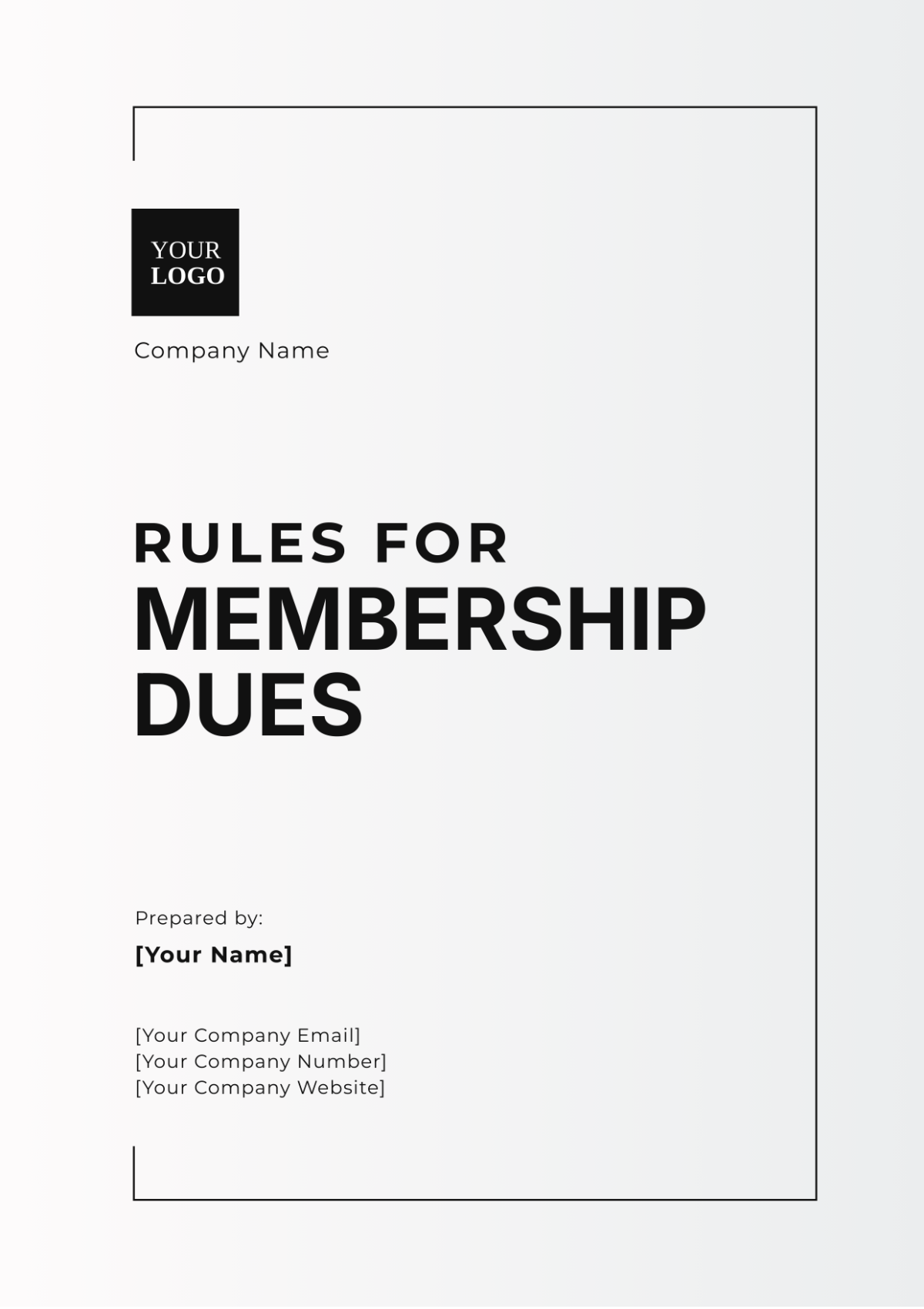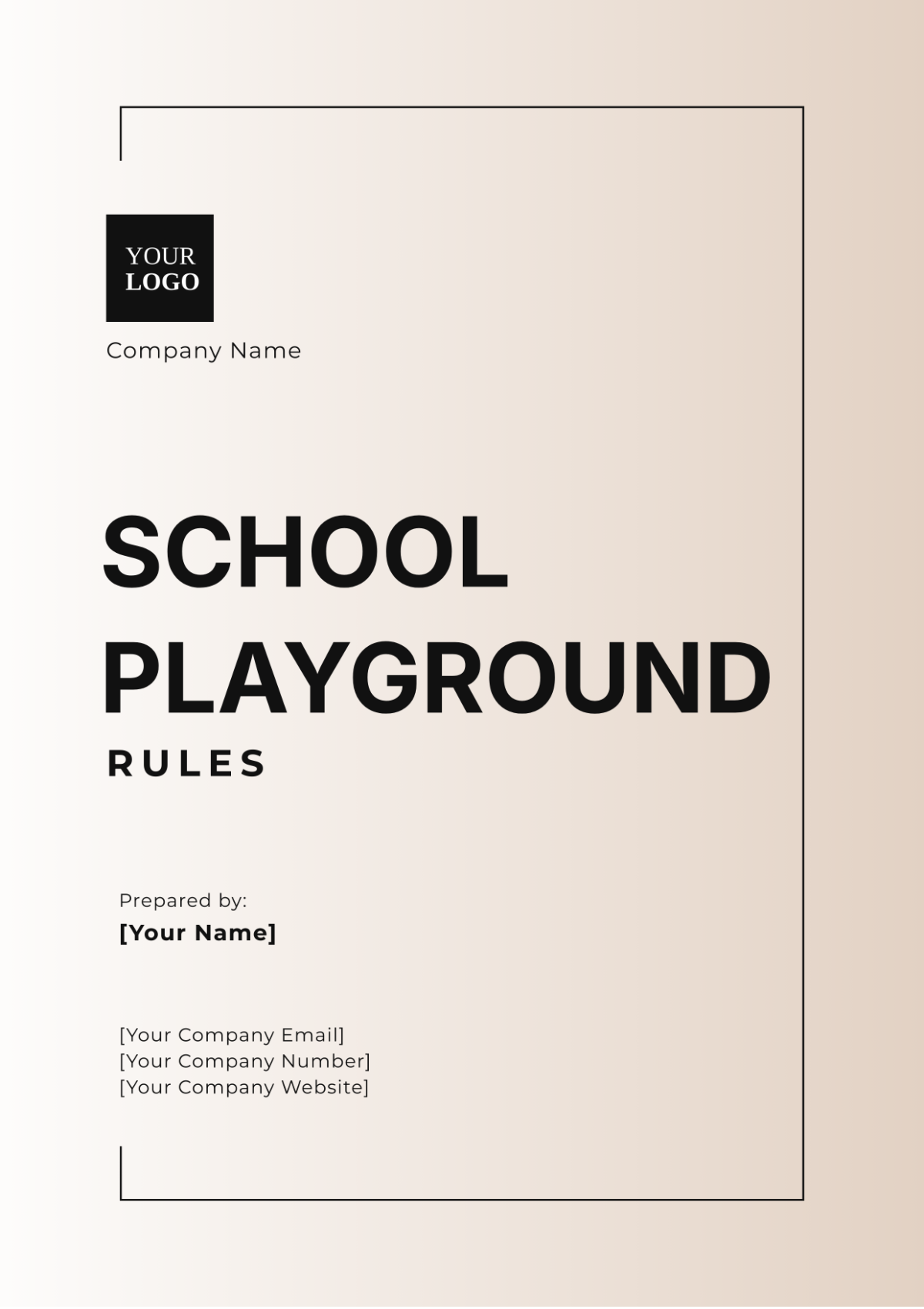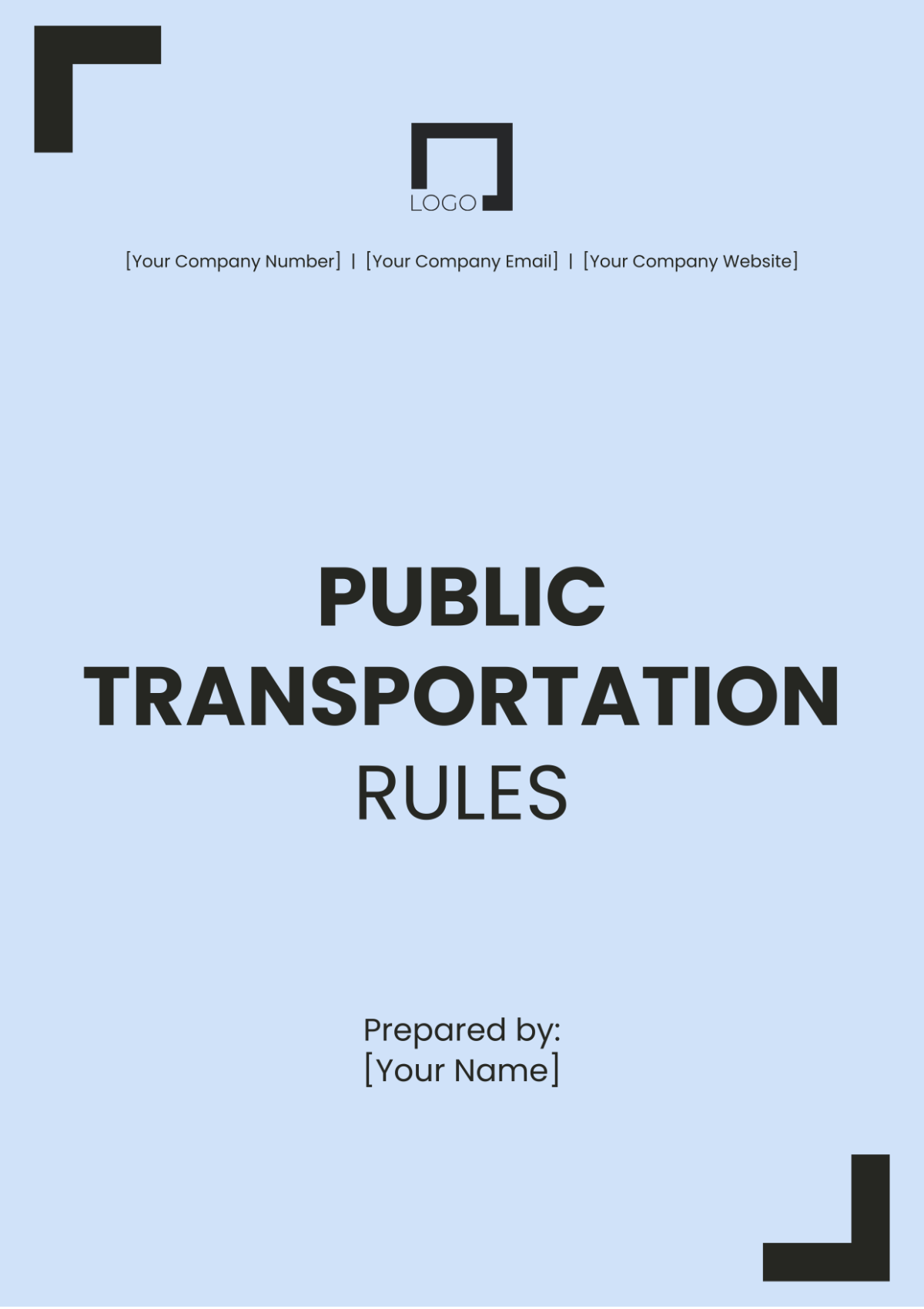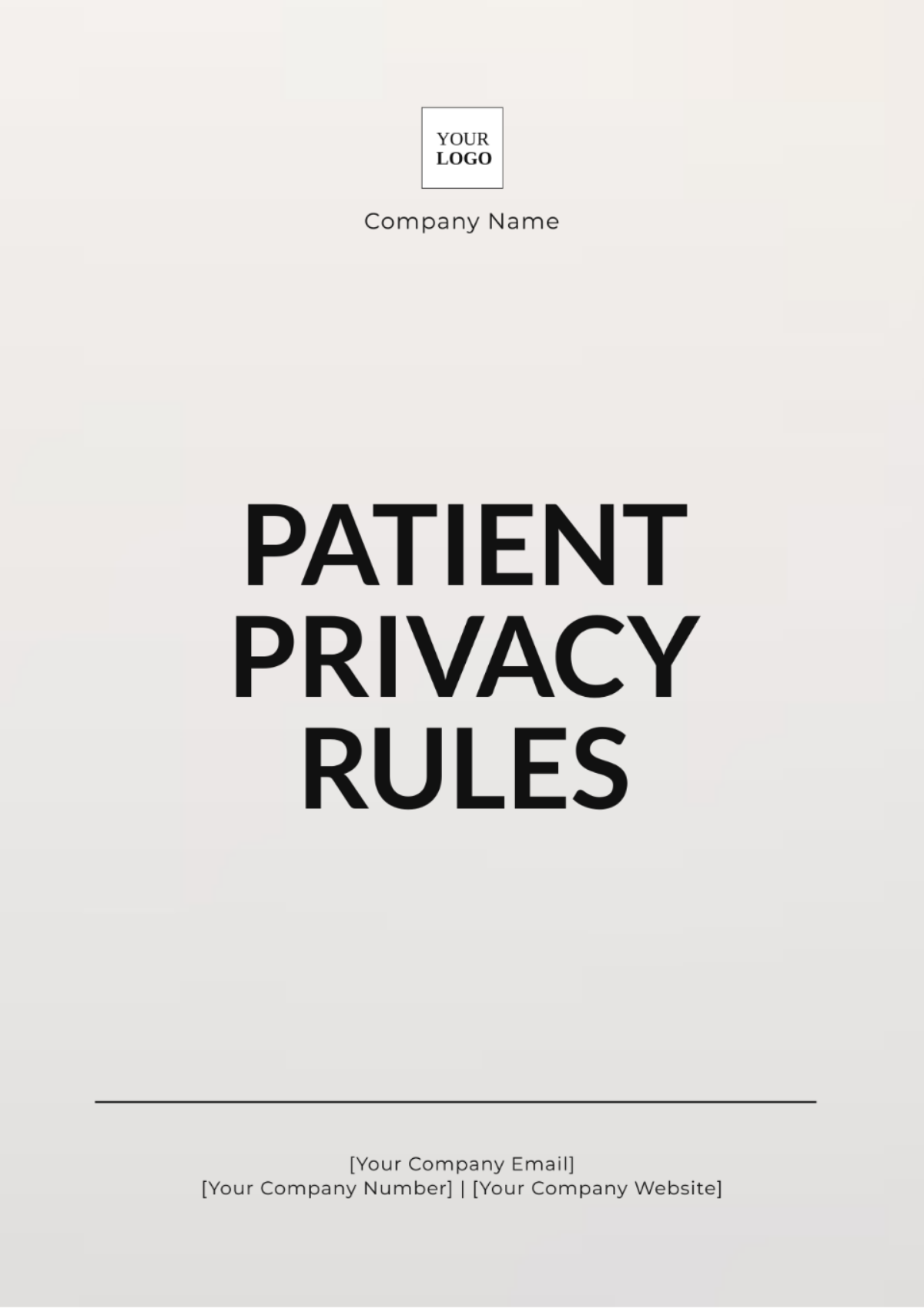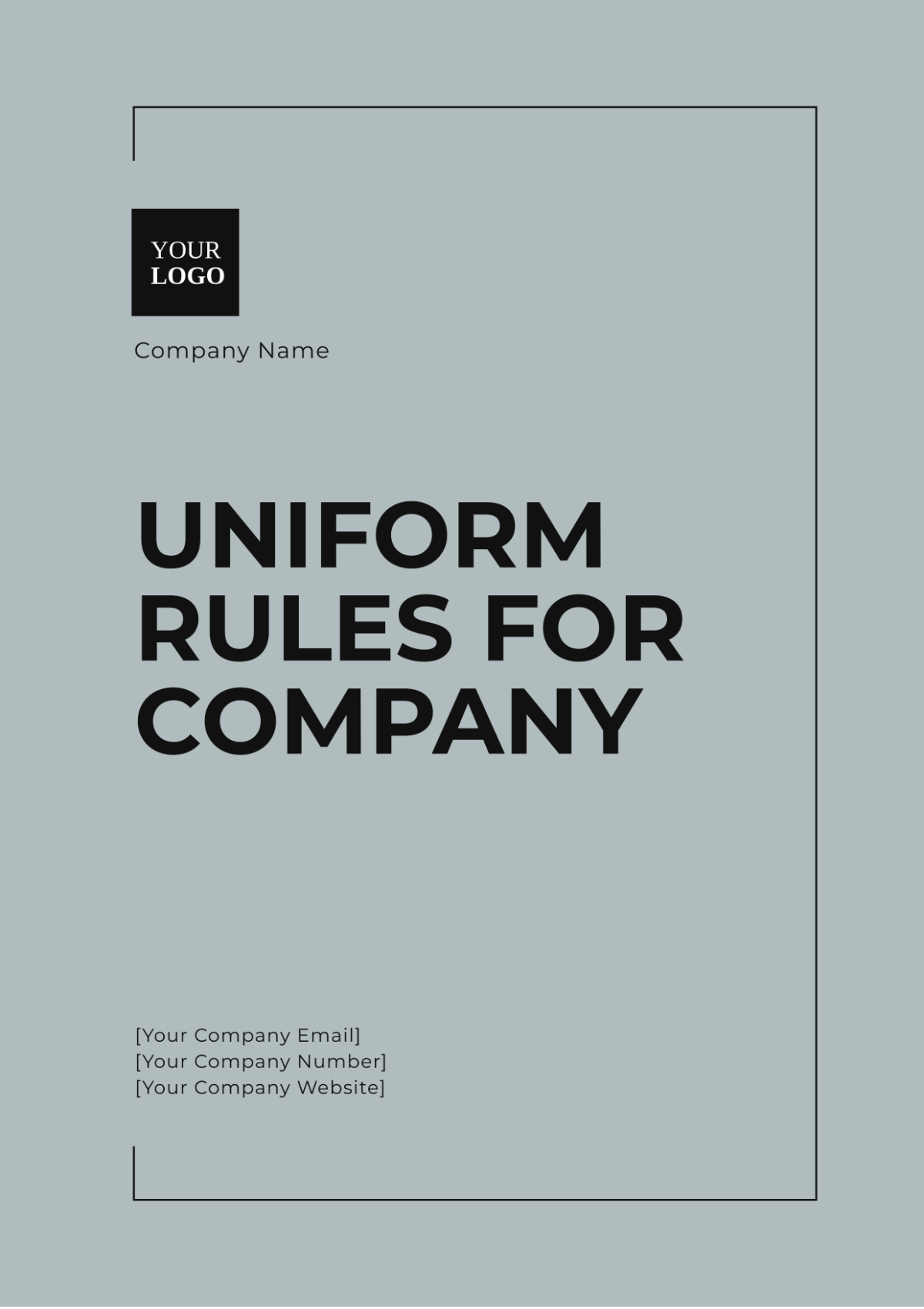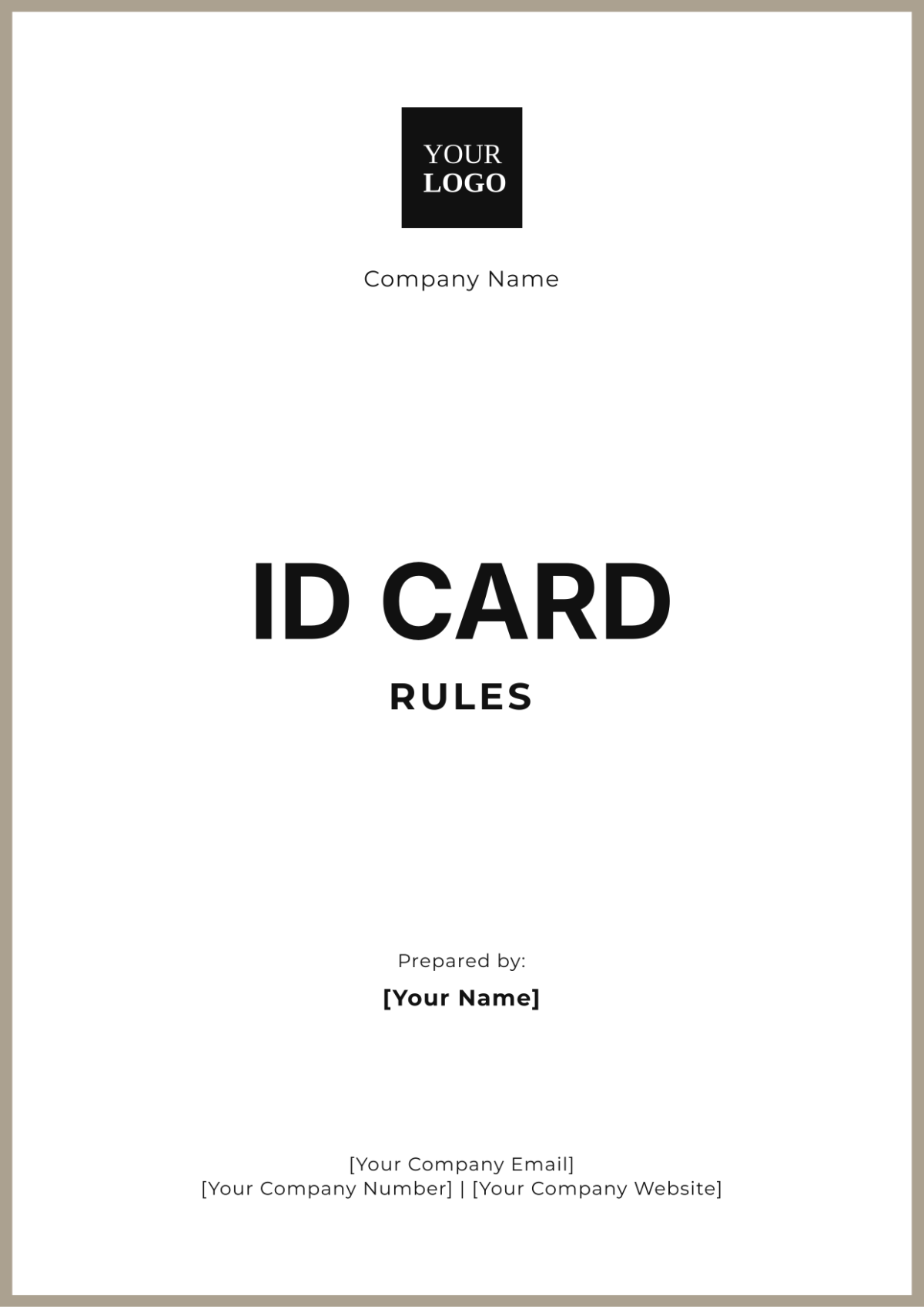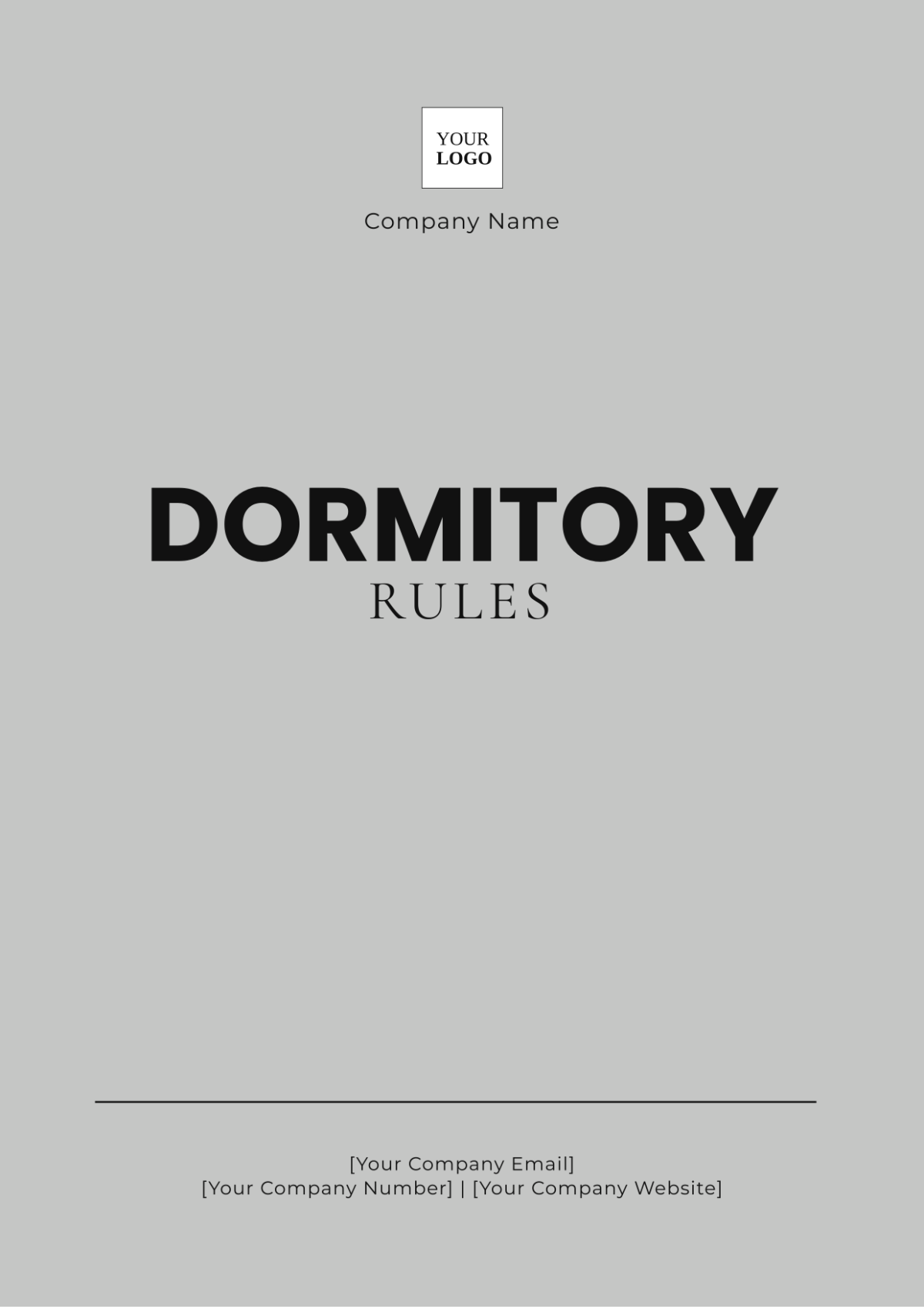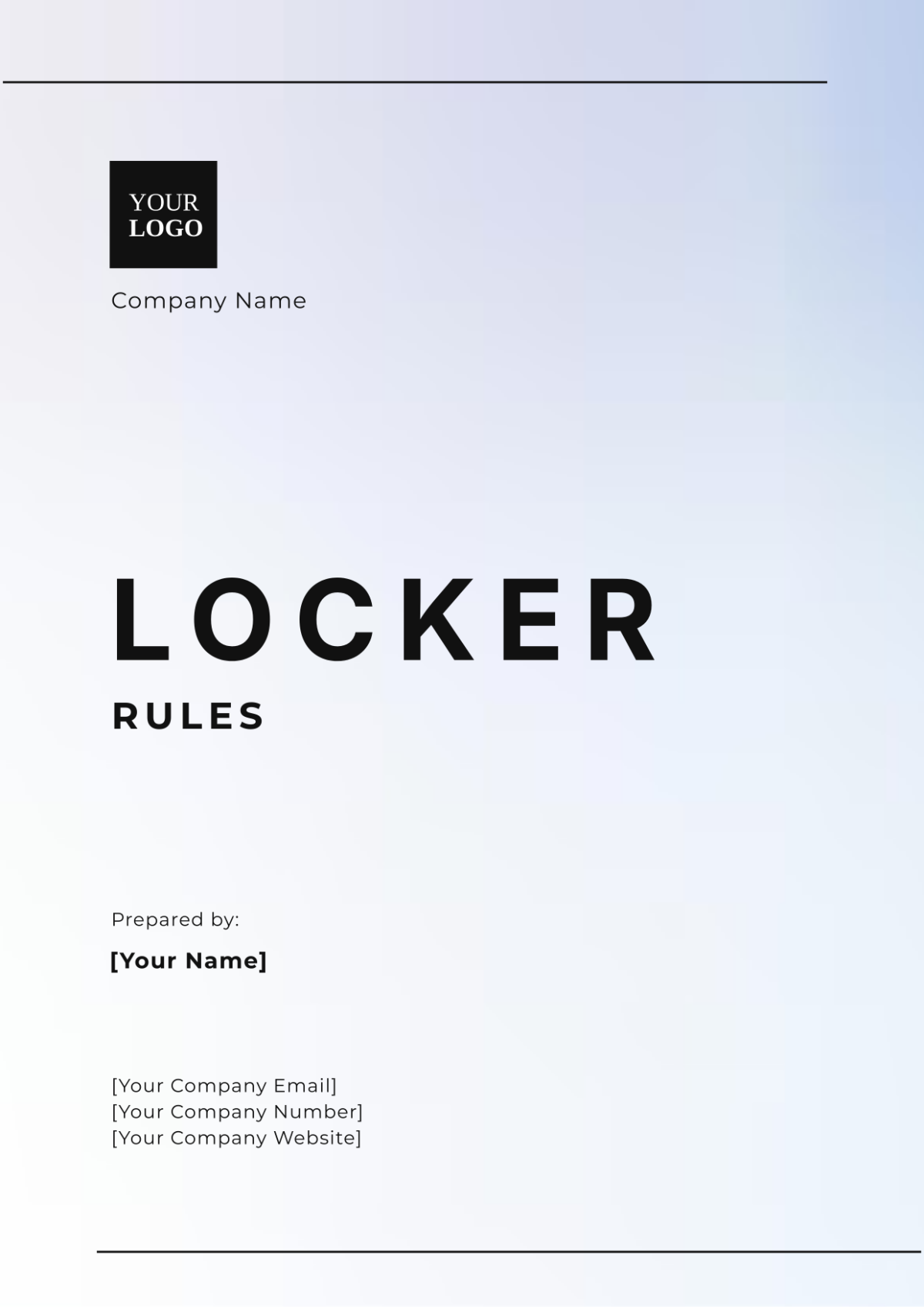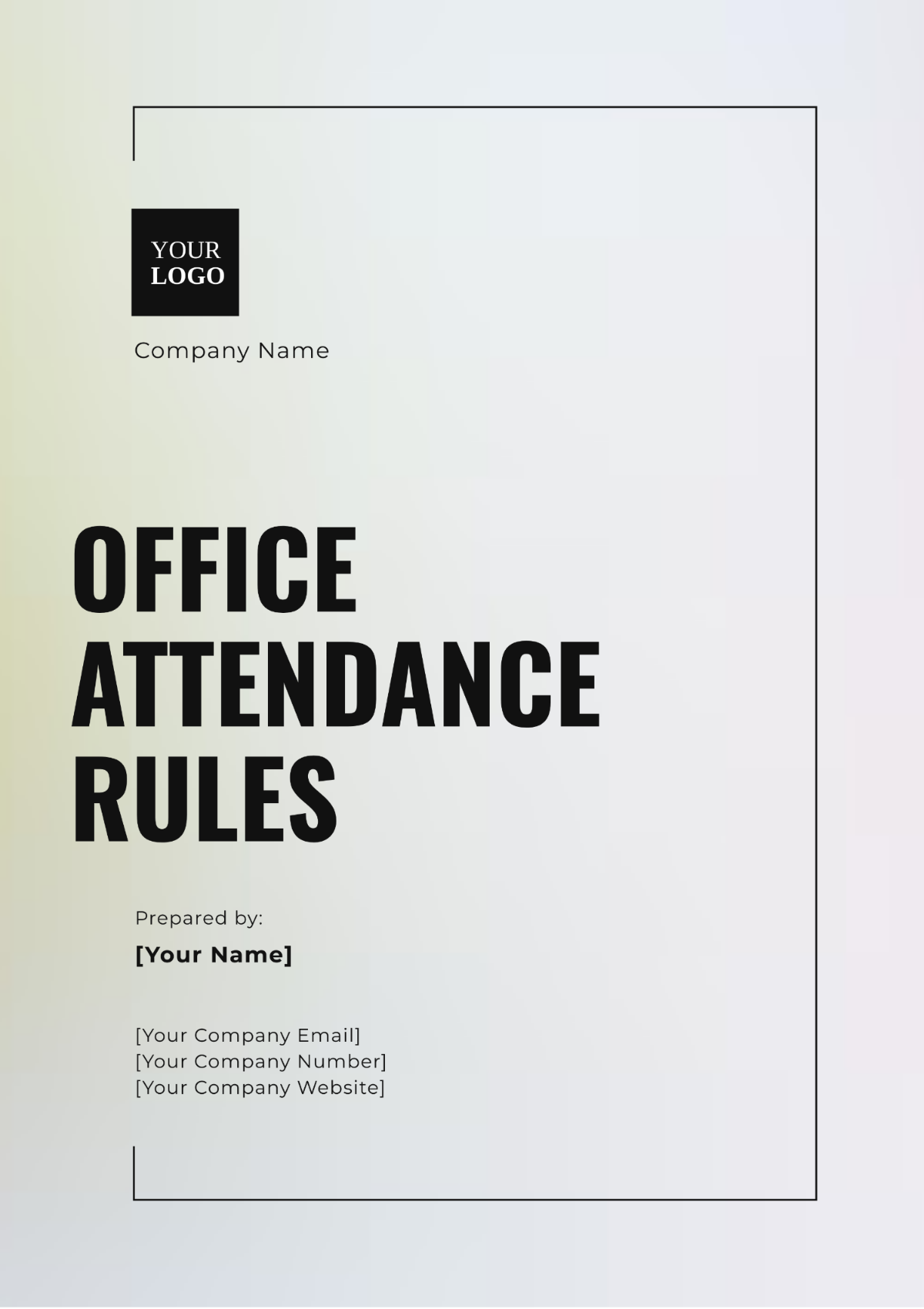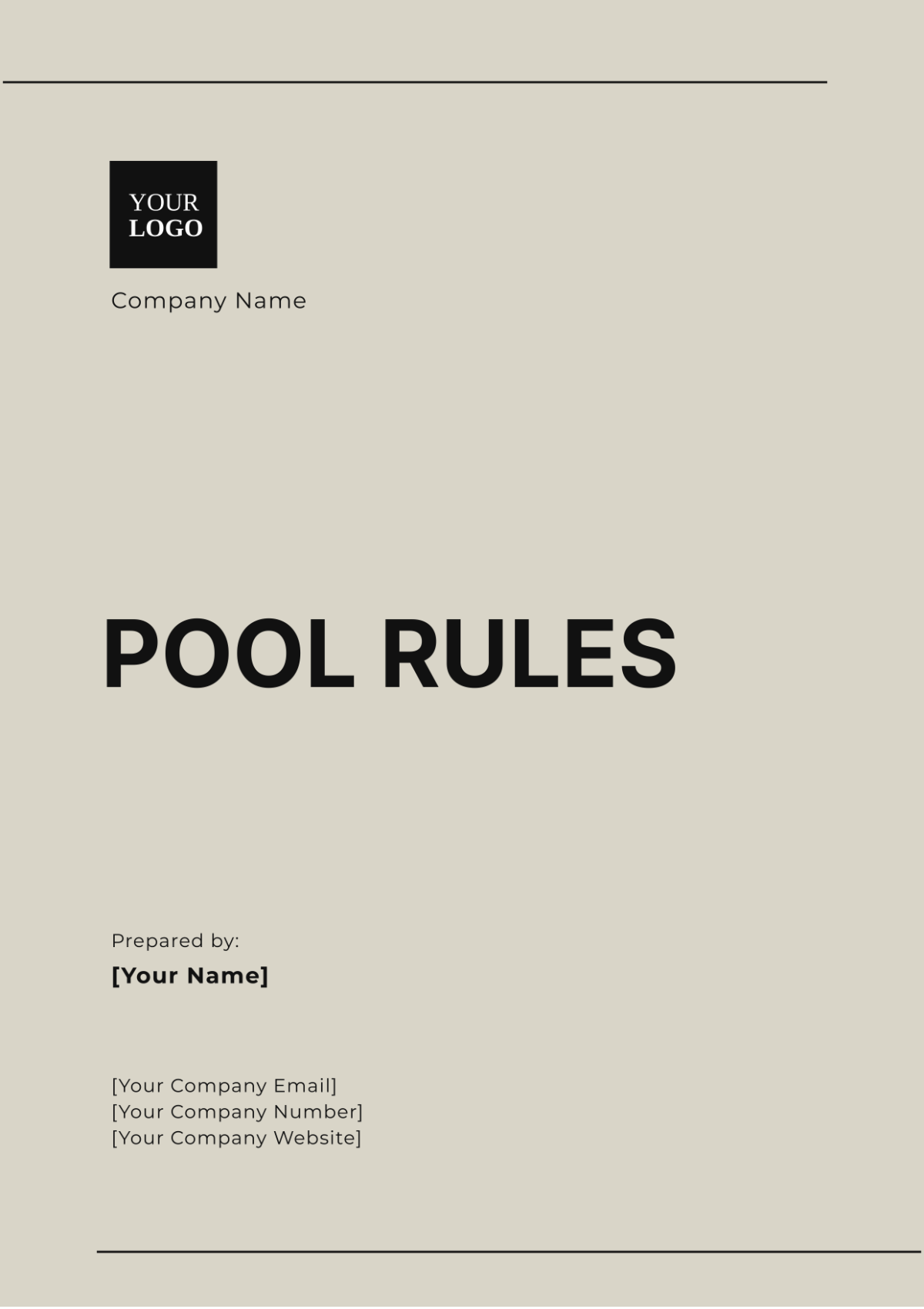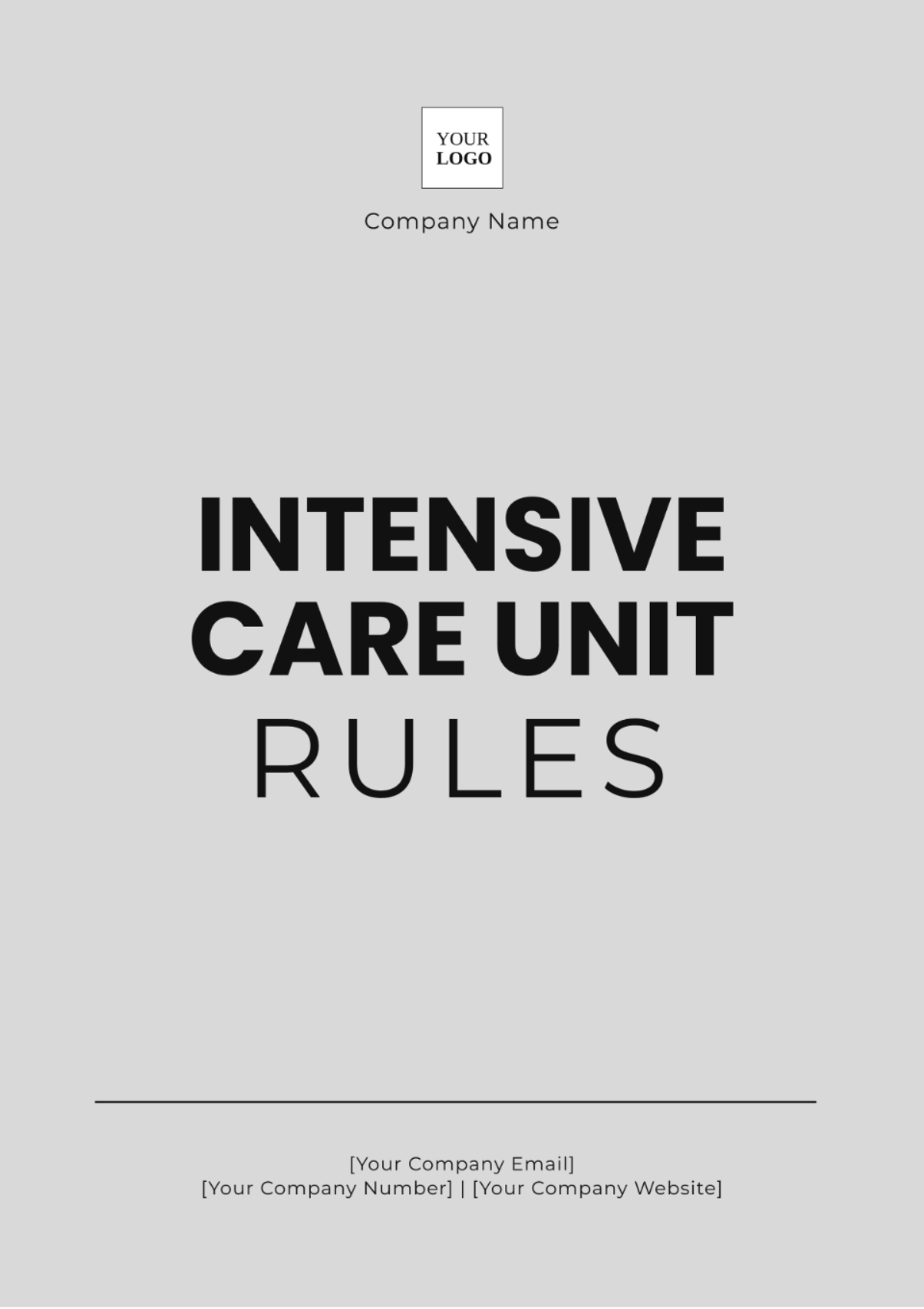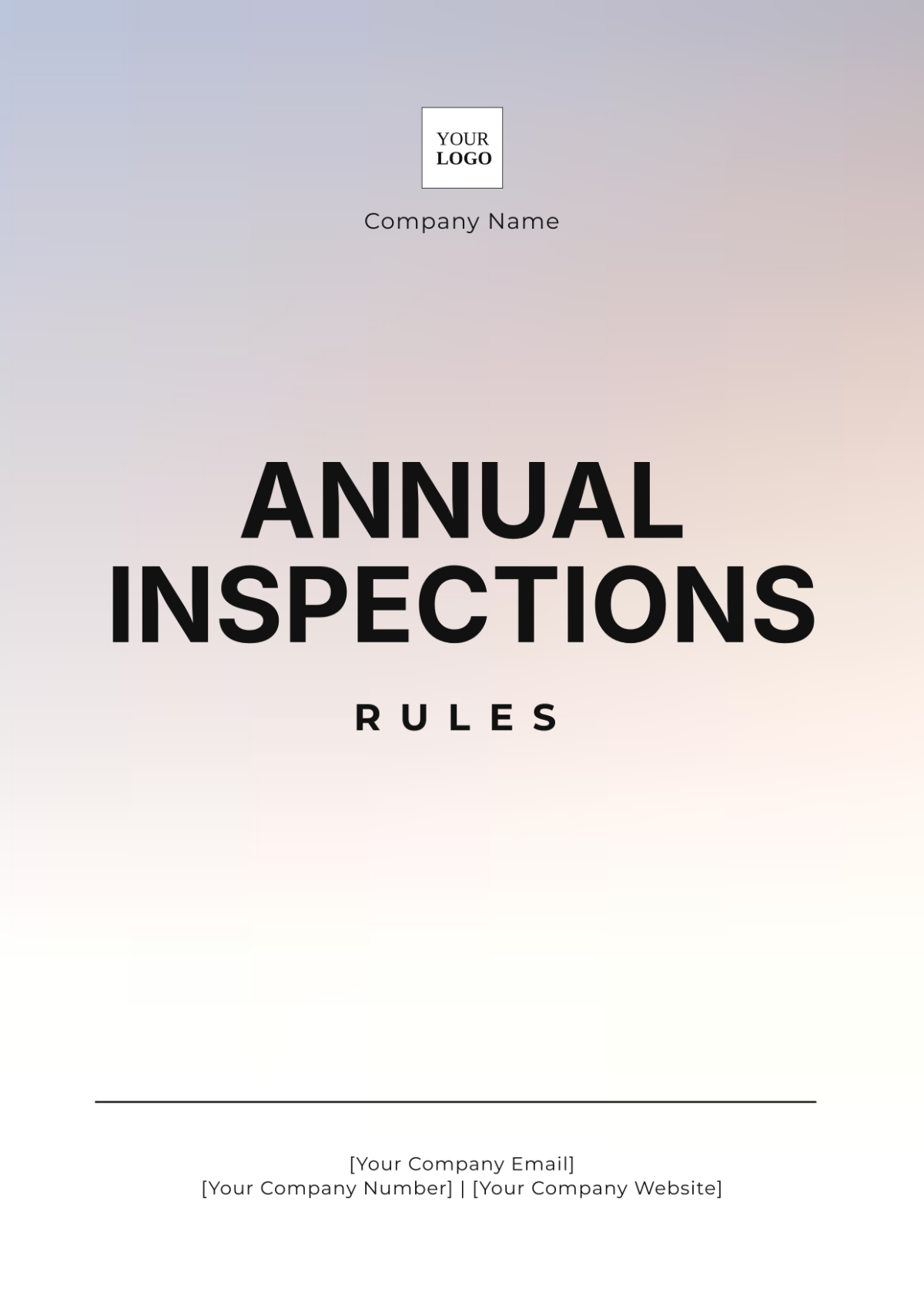Free Technology Use for School Rules Template
Technology Use for School Rules
1. Introduction
These guidelines and policies are designed to ensure responsible and effective use of technology within educational environments. They cover acceptable use, security measures, and consequences for misuse, providing a framework for students and staff to follow. Adhering to these rules will help maintain a safe and productive learning environment.
2. Acceptable Use
2.1 General Guidelines
Educational Purposes Only: Technology resources are to be used primarily for educational purposes and activities related to the curriculum.
Respect and Privacy: Users must respect the privacy and intellectual property of others. Unauthorized access to or distribution of others’ work is prohibited.
Responsible Behavior: Users should behave responsibly and ethically while using technology. This includes being honest, fair, and respectful.
2.2 Student Use
Internet Access: Students may access the Internet for research and educational purposes. Access to websites that are not educational or inappropriate is prohibited.
Device Usage: Personal devices may be used according to school policies. Devices should not be disruptive and must be used in designated areas.
2.3 Staff Use
Professional Use: Staff members should use technology to enhance educational outcomes and support student learning.
Confidentiality: Staff must handle student data and records with confidentiality and in compliance with relevant privacy laws and regulations.
3. Security Measures
3.1 Network Security
Password Protection: Users must maintain strong, confidential passwords for their accounts and change them regularly.
Software Updates: Regular updates and patches should be applied to all software and systems to protect against vulnerabilities.
Antivirus Protection: Up-to-date antivirus software must be installed on all devices connected to the network.
3.2 Data Protection
Data Encryption: Sensitive data should be encrypted to protect it from unauthorized access.
Backup Procedures: Regular backups of critical data should be performed to prevent data loss.
3.3 Monitoring and Access
Network Monitoring: The use of network monitoring tools to ensure compliance with acceptable use policies is permitted.
Access Control: Access to sensitive systems and data should be restricted to authorized personnel only.
4. Consequences for Misuse
4.1 Disciplinary Actions
Minor Infractions: For minor infractions, users may receive a warning or require additional training on acceptable use policies.
Major Infractions: Serious breaches may result in suspension of technology privileges, disciplinary action, or legal consequences.
4.2 Reporting Misuse
Reporting Procedures: Users should report any misuse or security concerns to designated personnel immediately.
Investigation: All reported incidents will be investigated thoroughly, and appropriate actions will be taken based on the findings.
5. Responsibilities
5.1 Users
Compliance: All users must adhere to these guidelines and report any issues or breaches to appropriate authorities.
Training: Users are responsible for understanding and following the technology use policies through training sessions and informational resources.
5.2 Administrators
Policy Enforcement: Administrators are responsible for enforcing these policies and ensuring that all users are aware of and understand them.
Policy Review: Regular reviews and updates of technology use policies should be conducted to ensure relevance and effectiveness.
Conclusion
Adhering to these technology use guidelines and policies is crucial for maintaining a safe and productive educational environment. By following these rules, students and staff can make the most of technology resources while minimizing risks and ensuring responsible usage.
